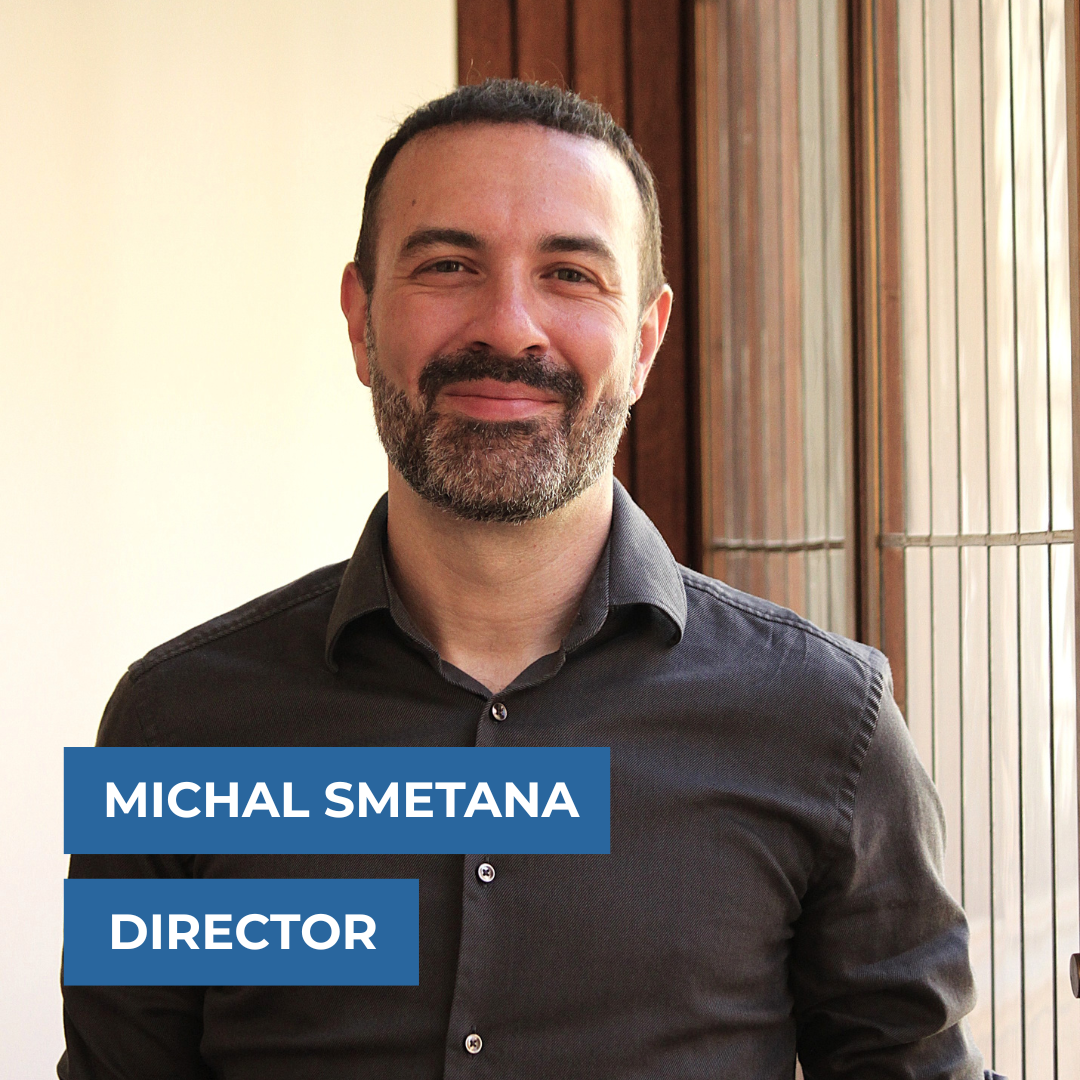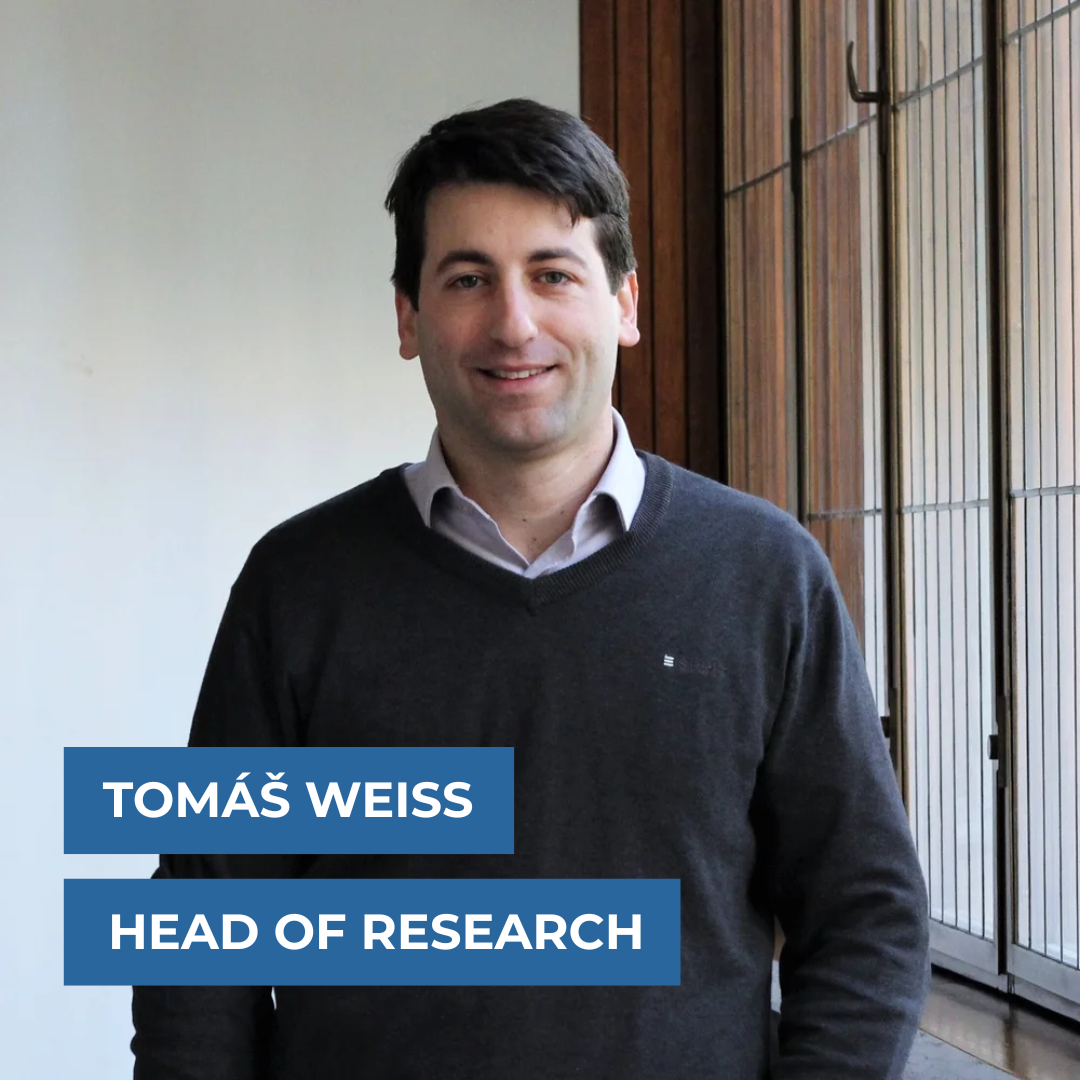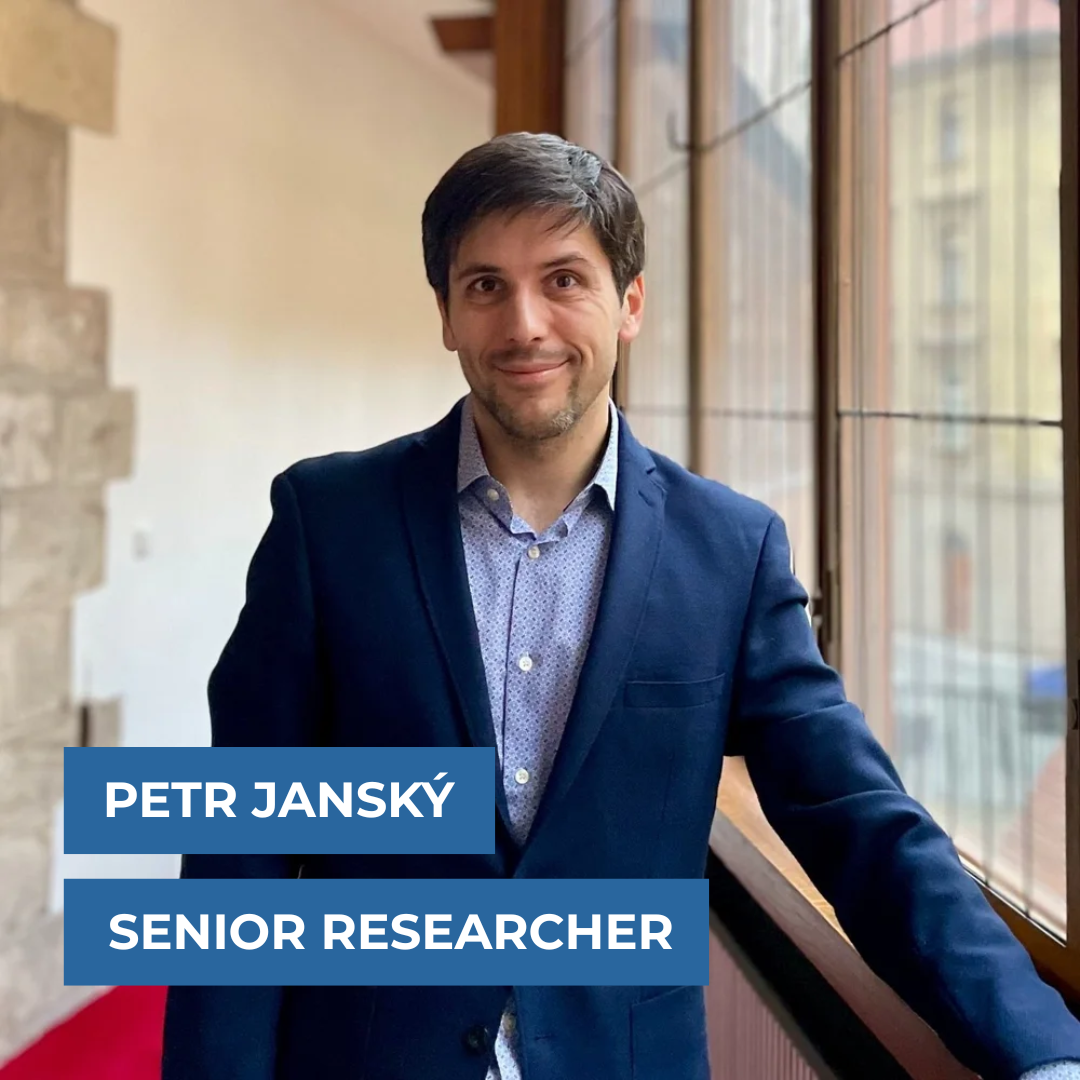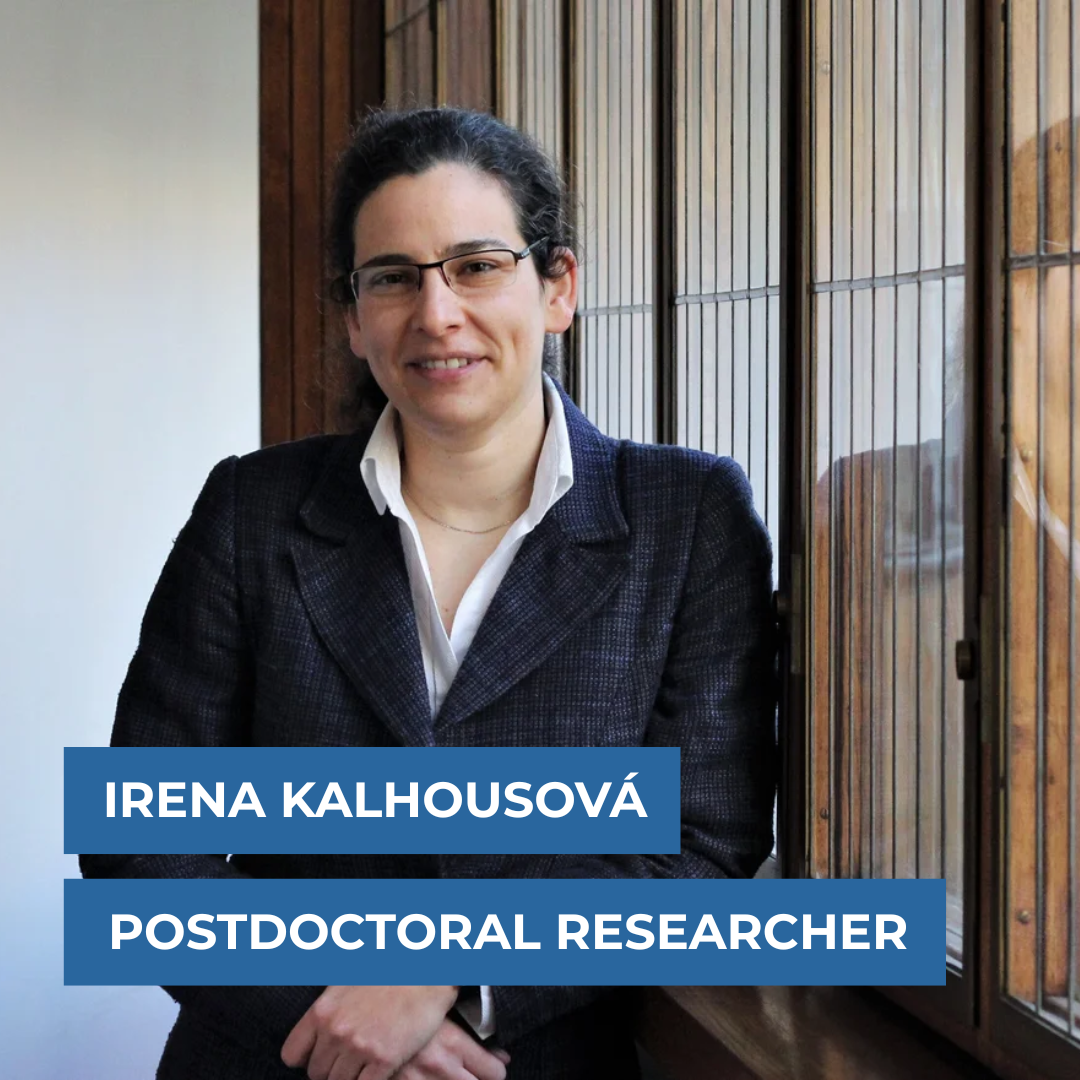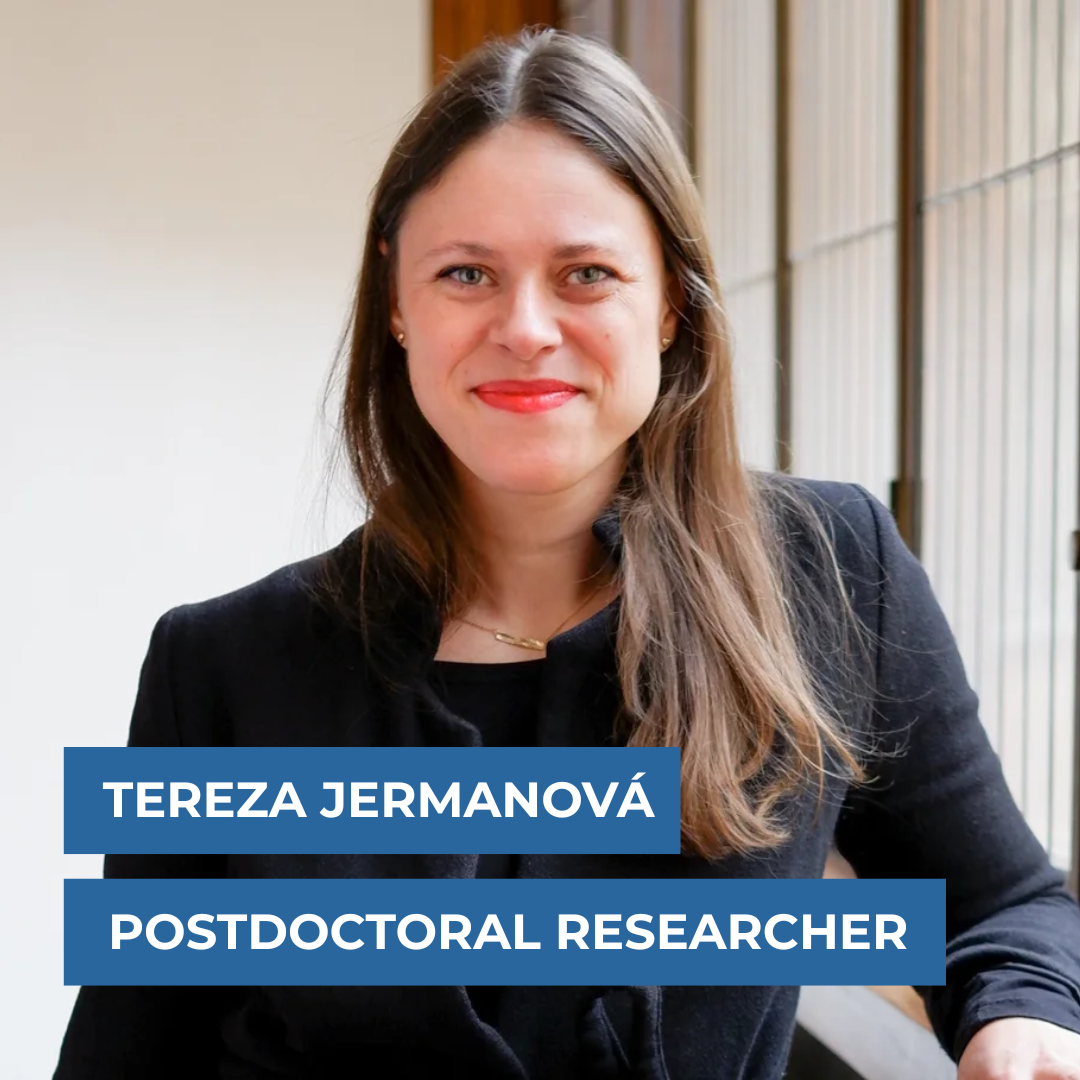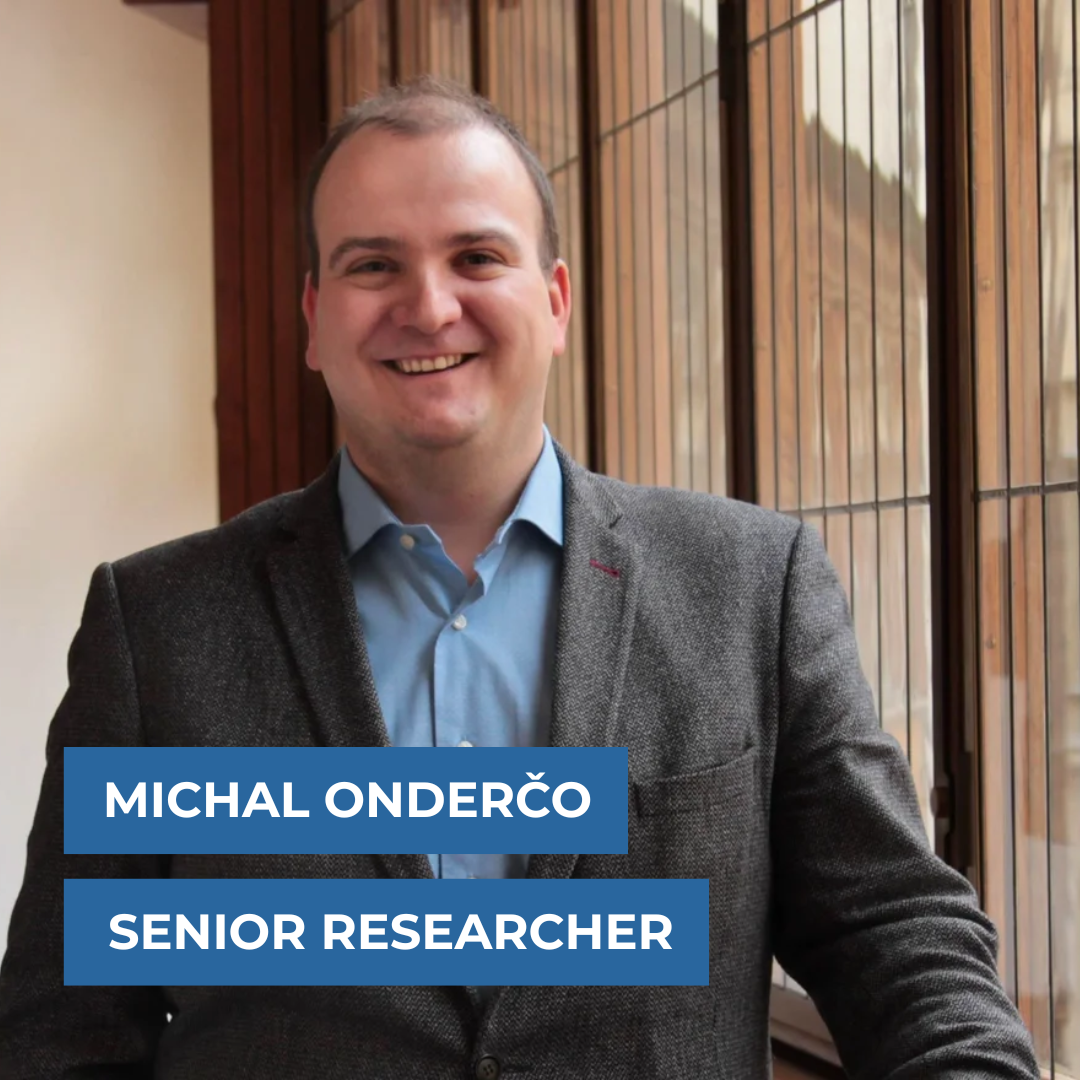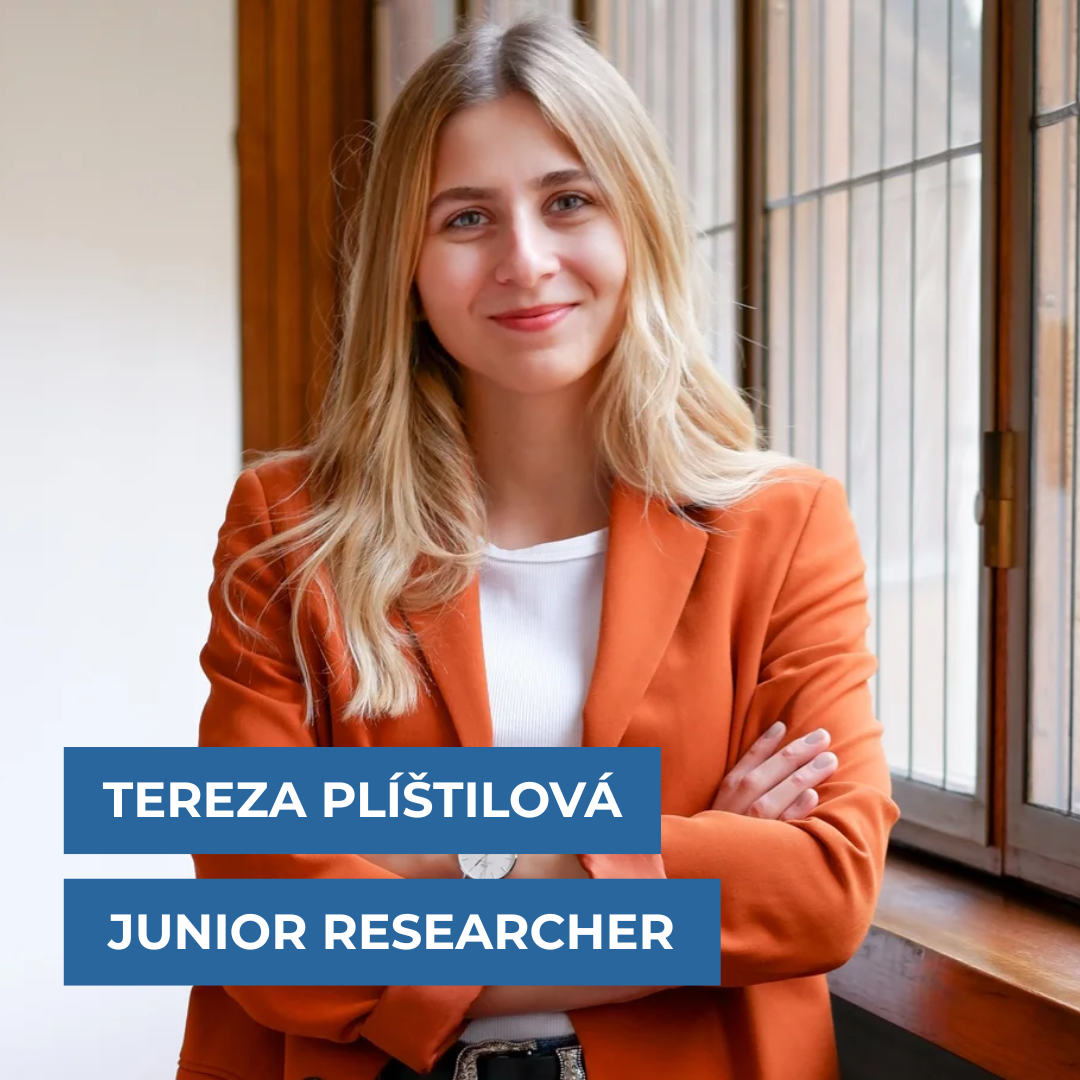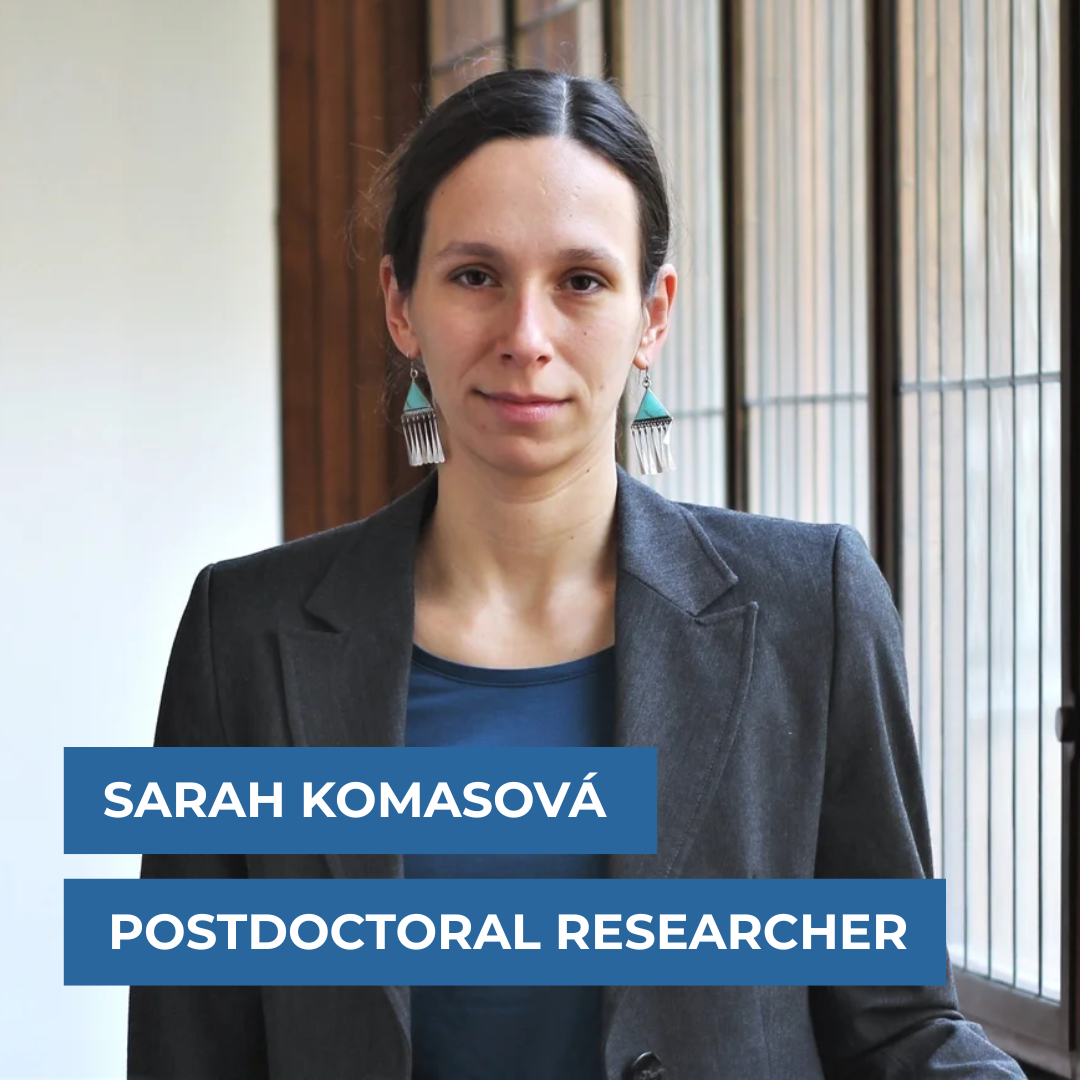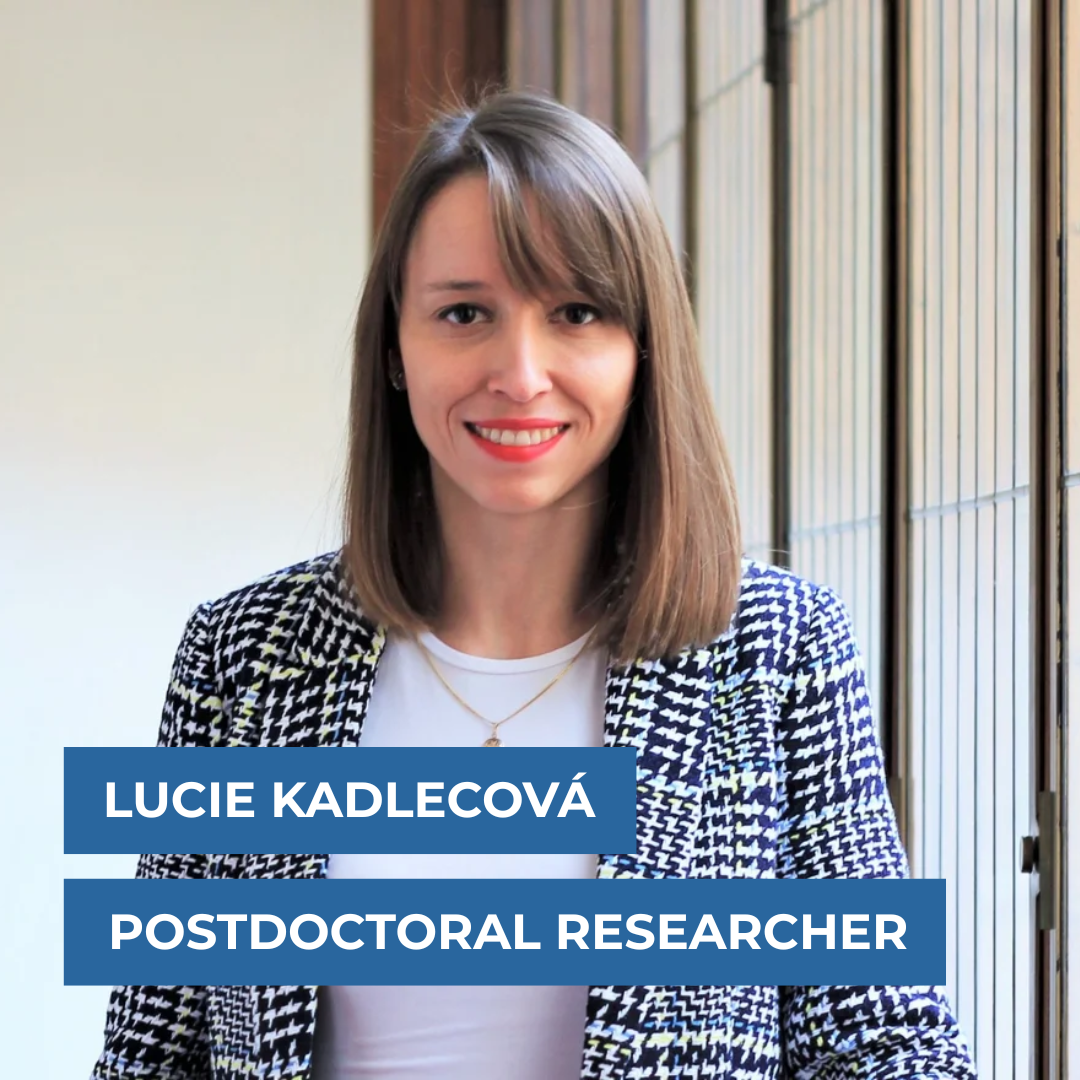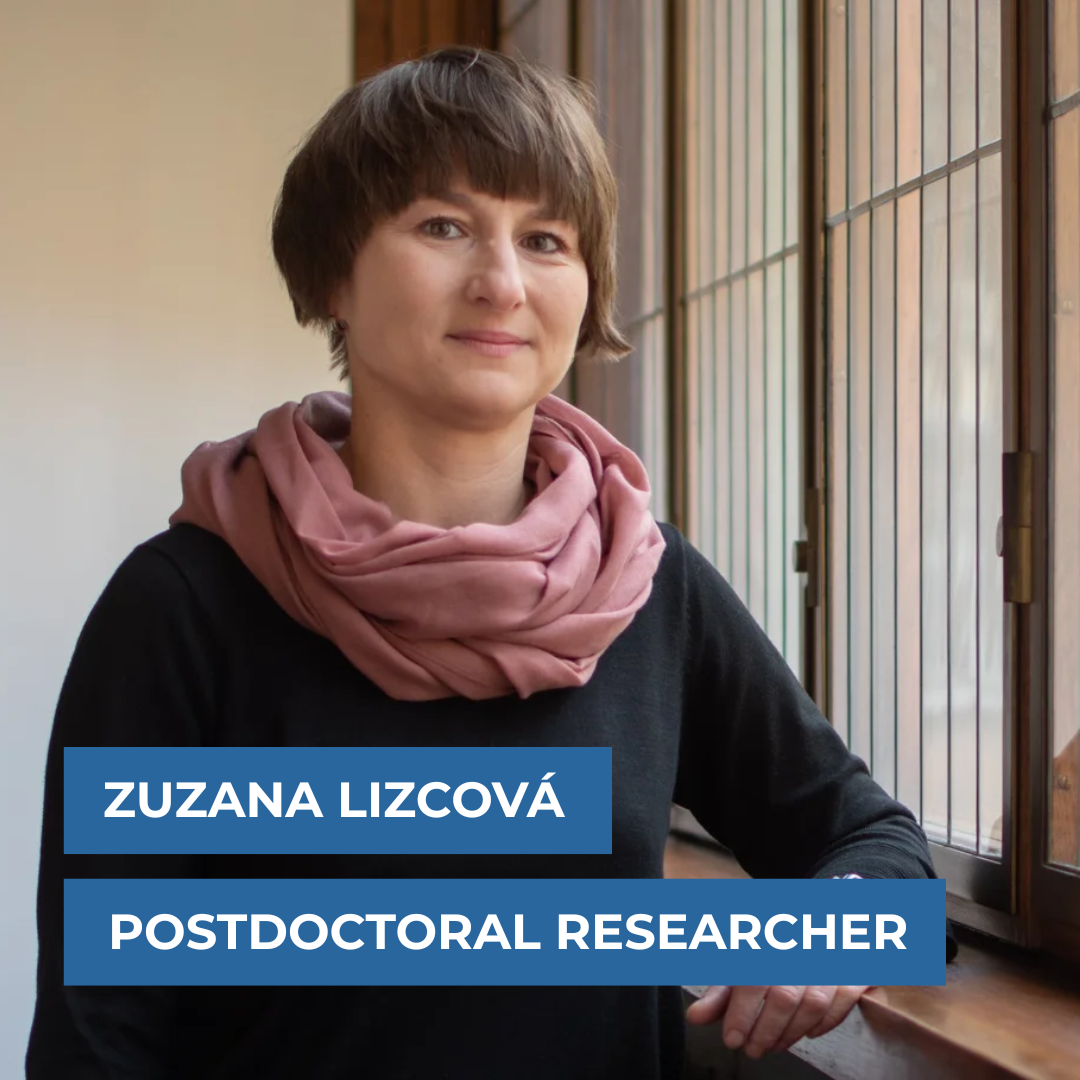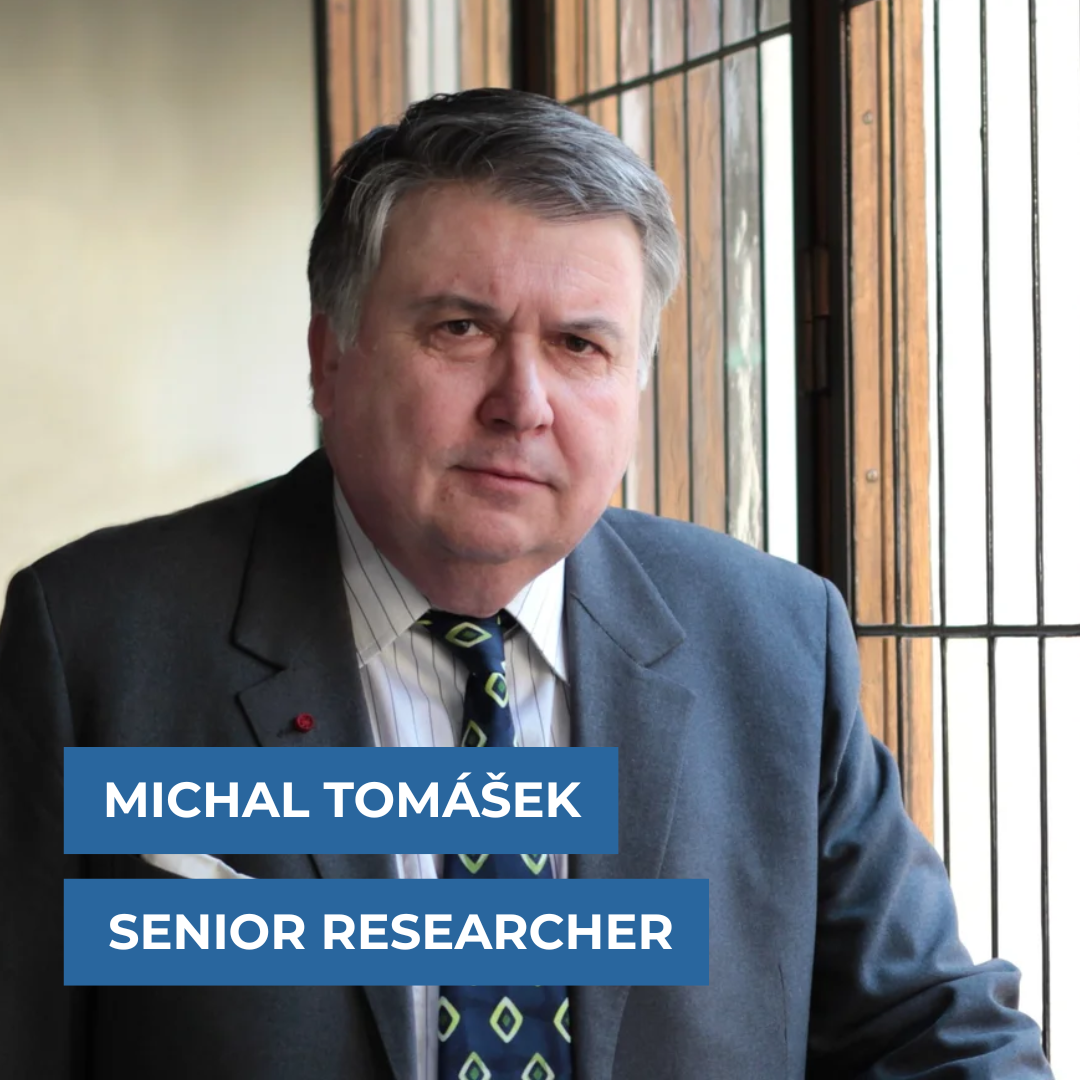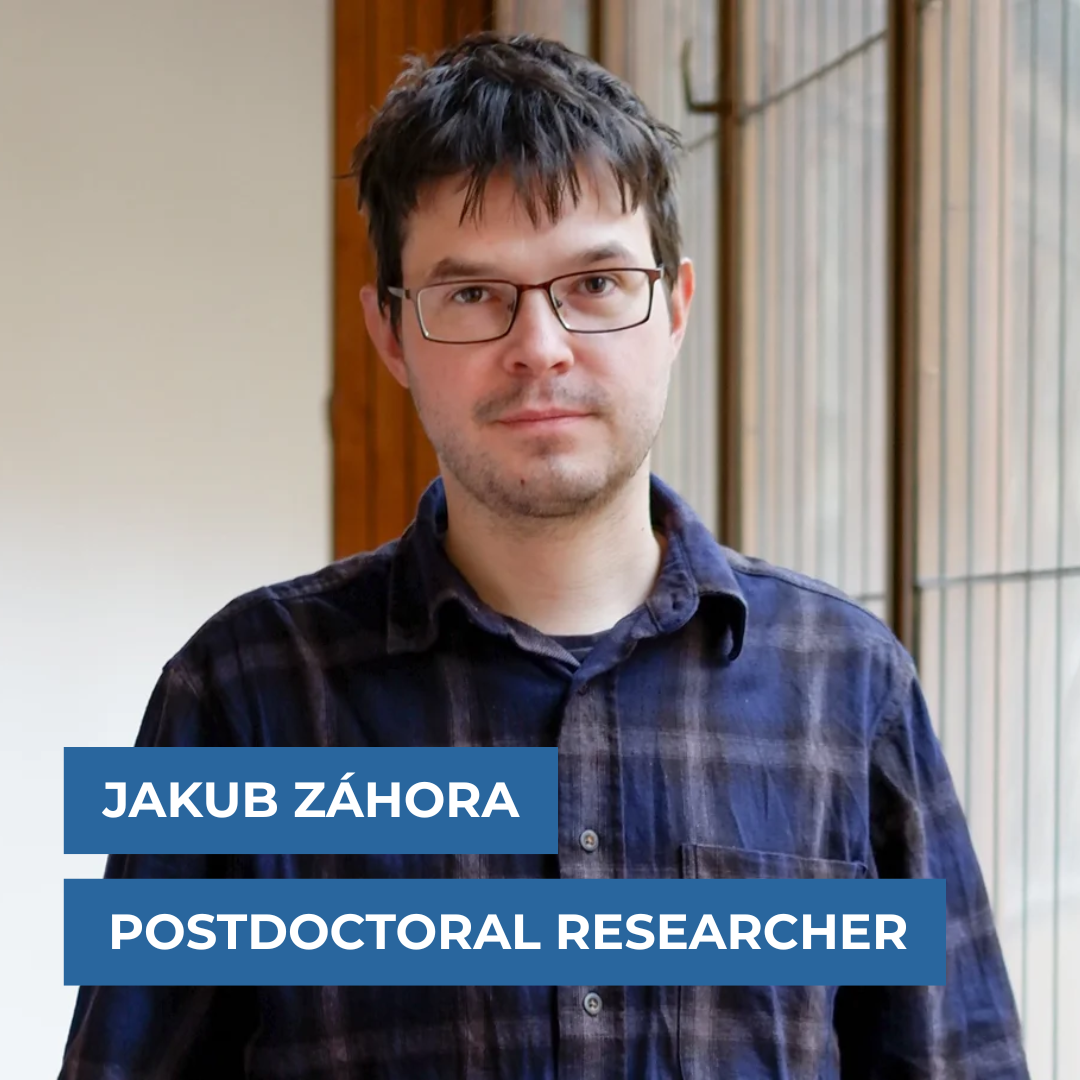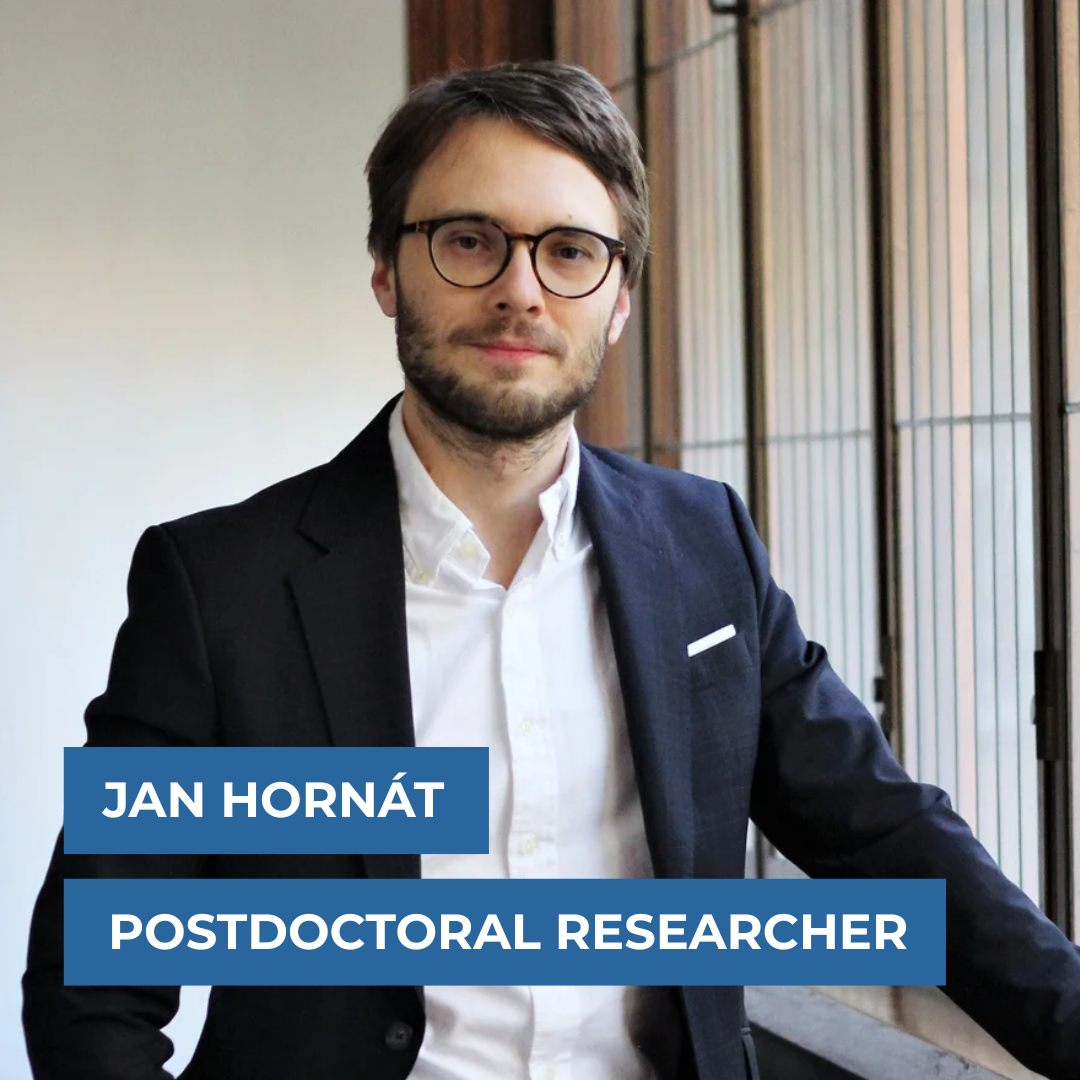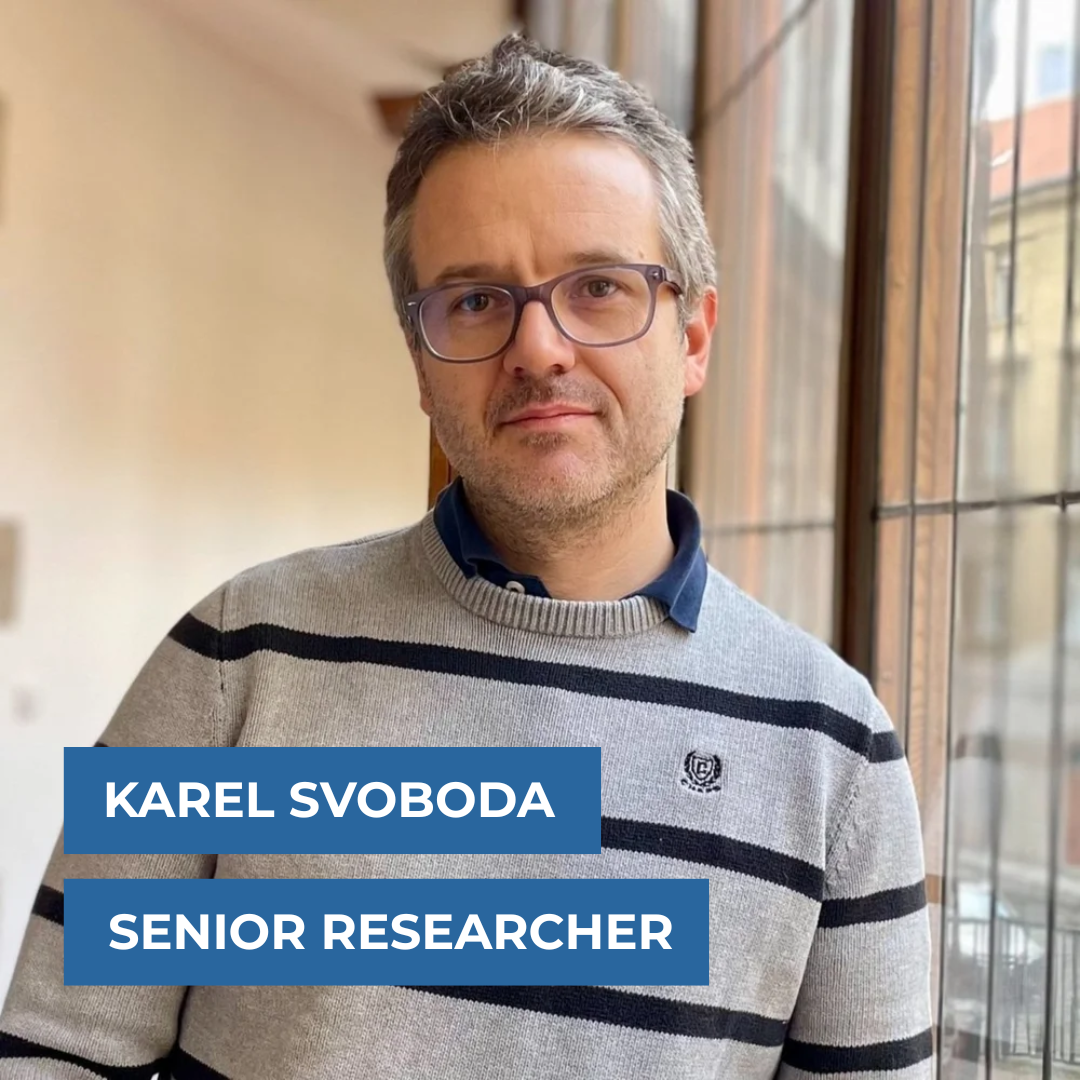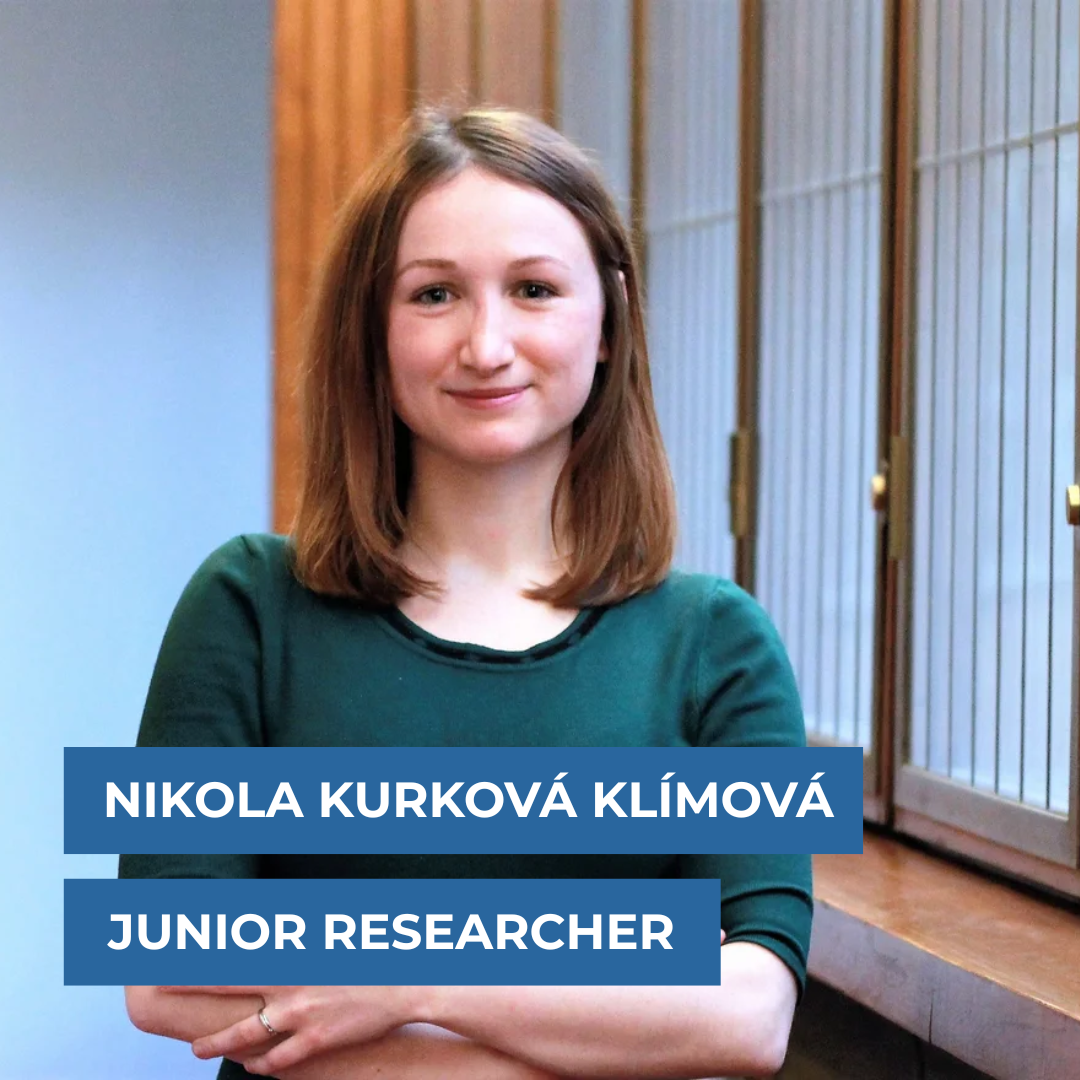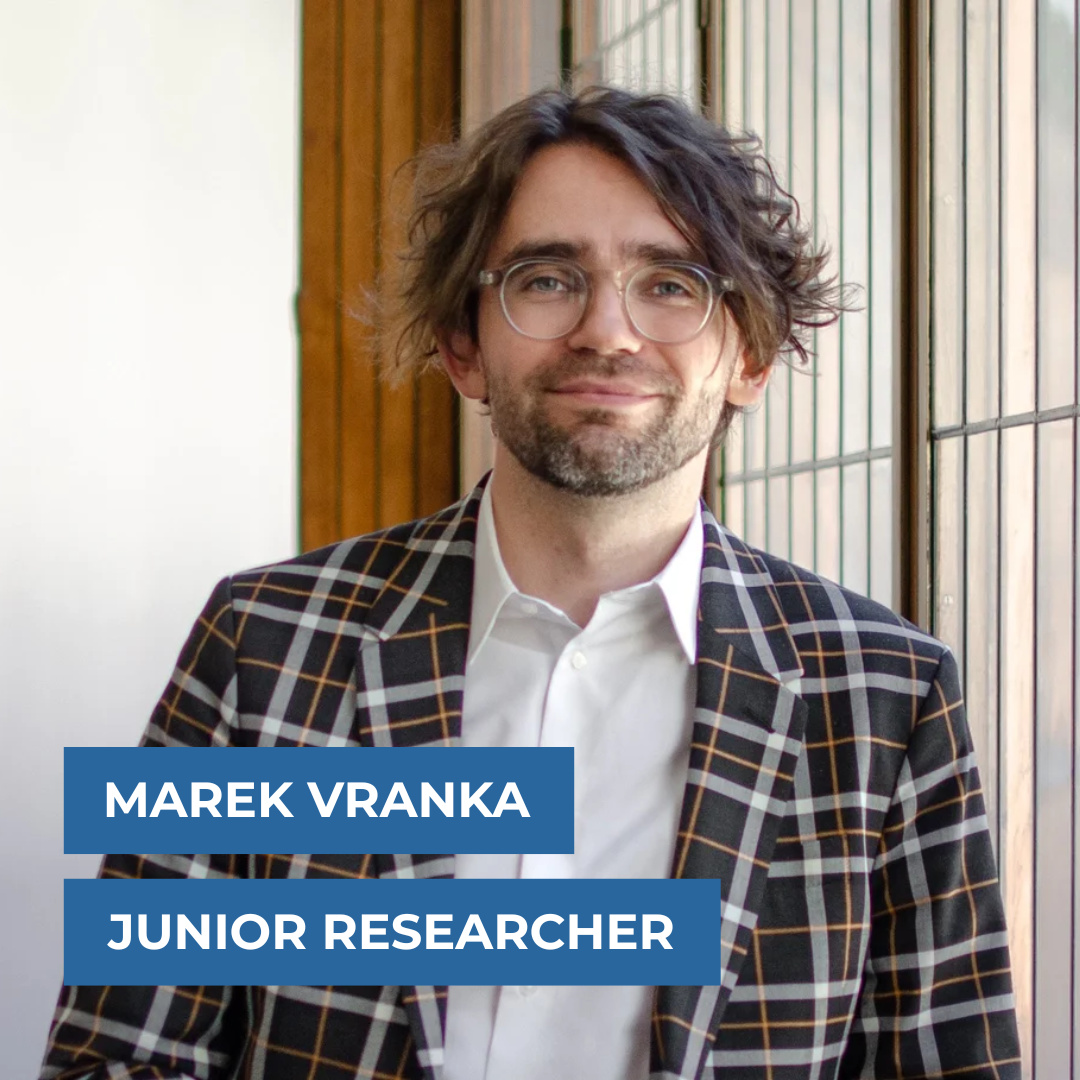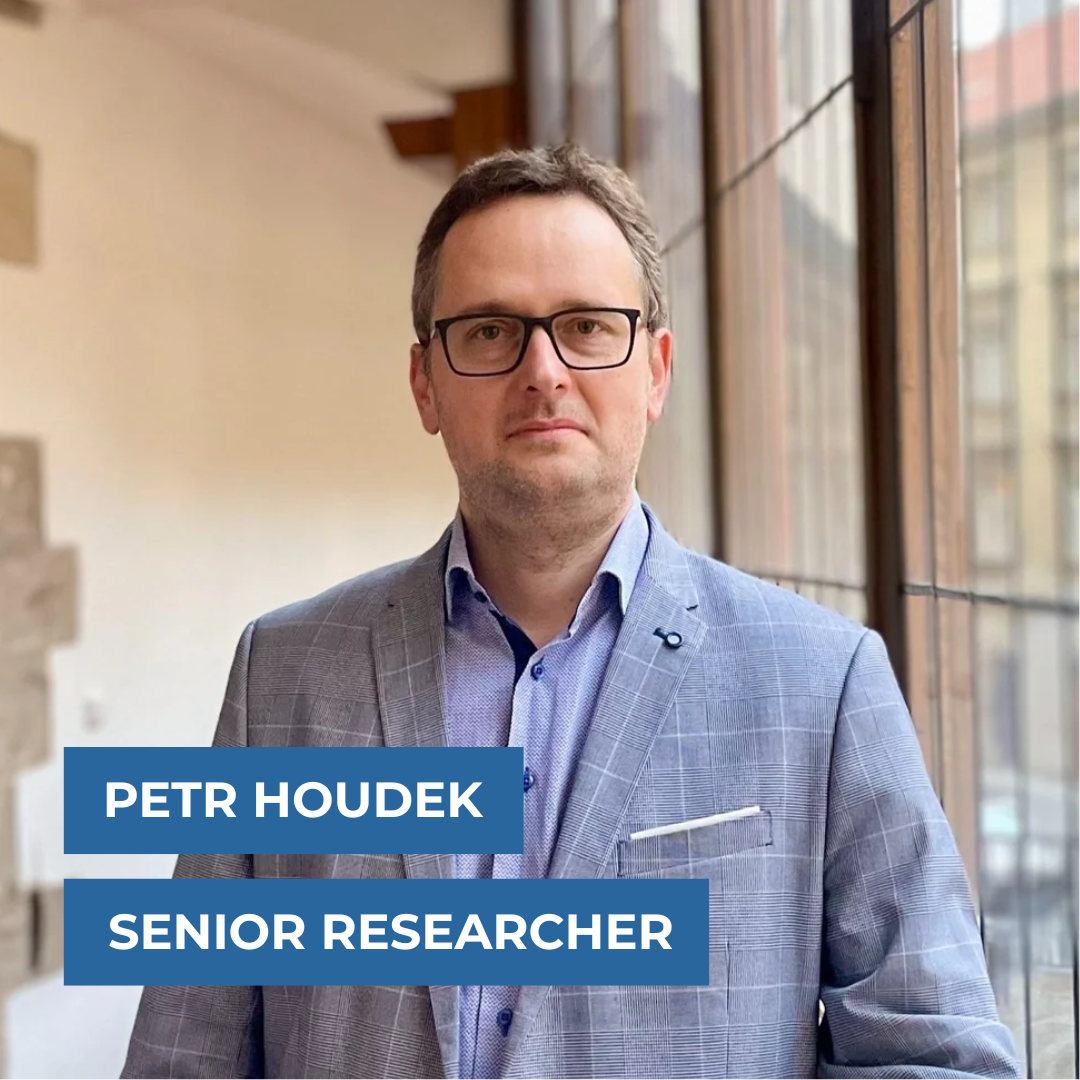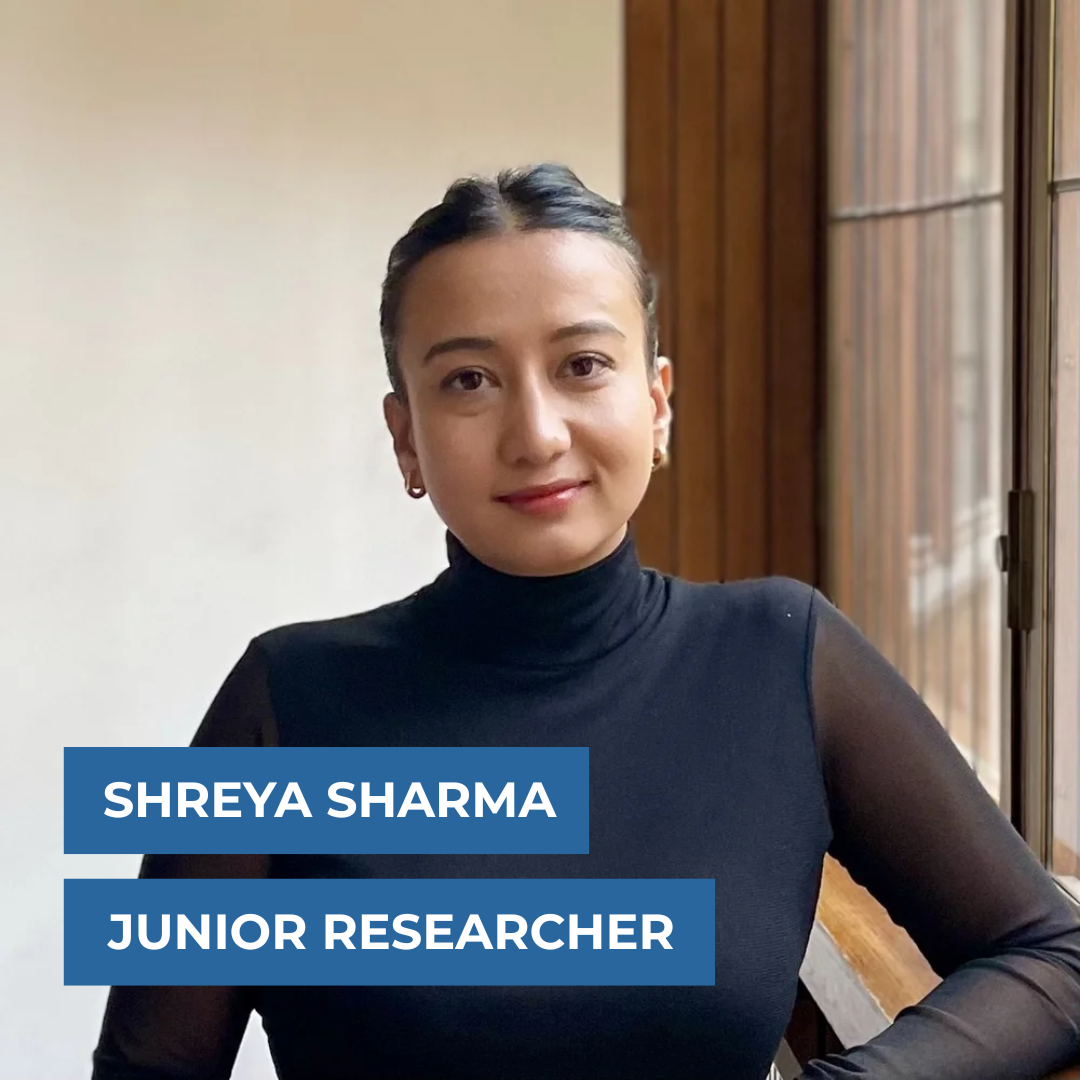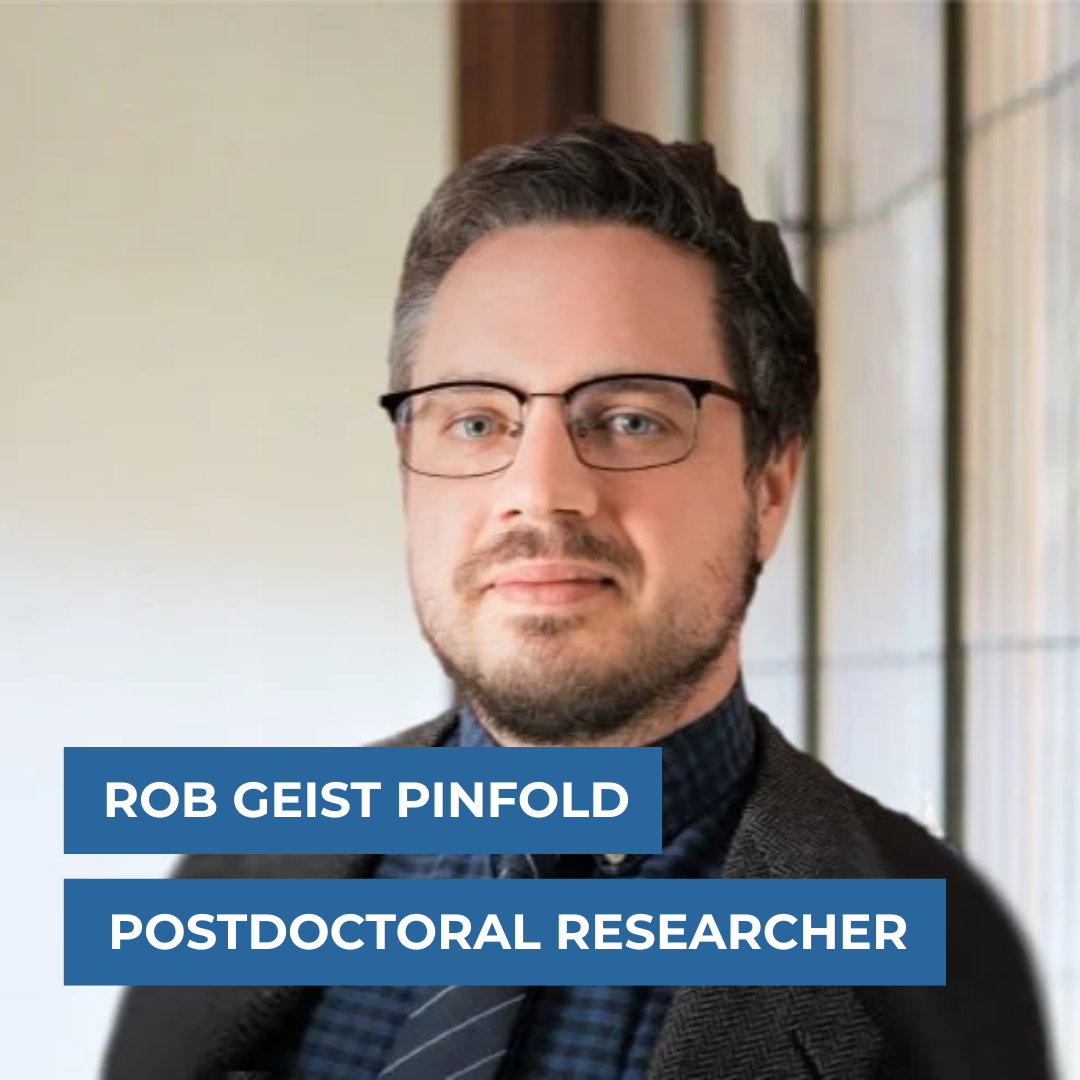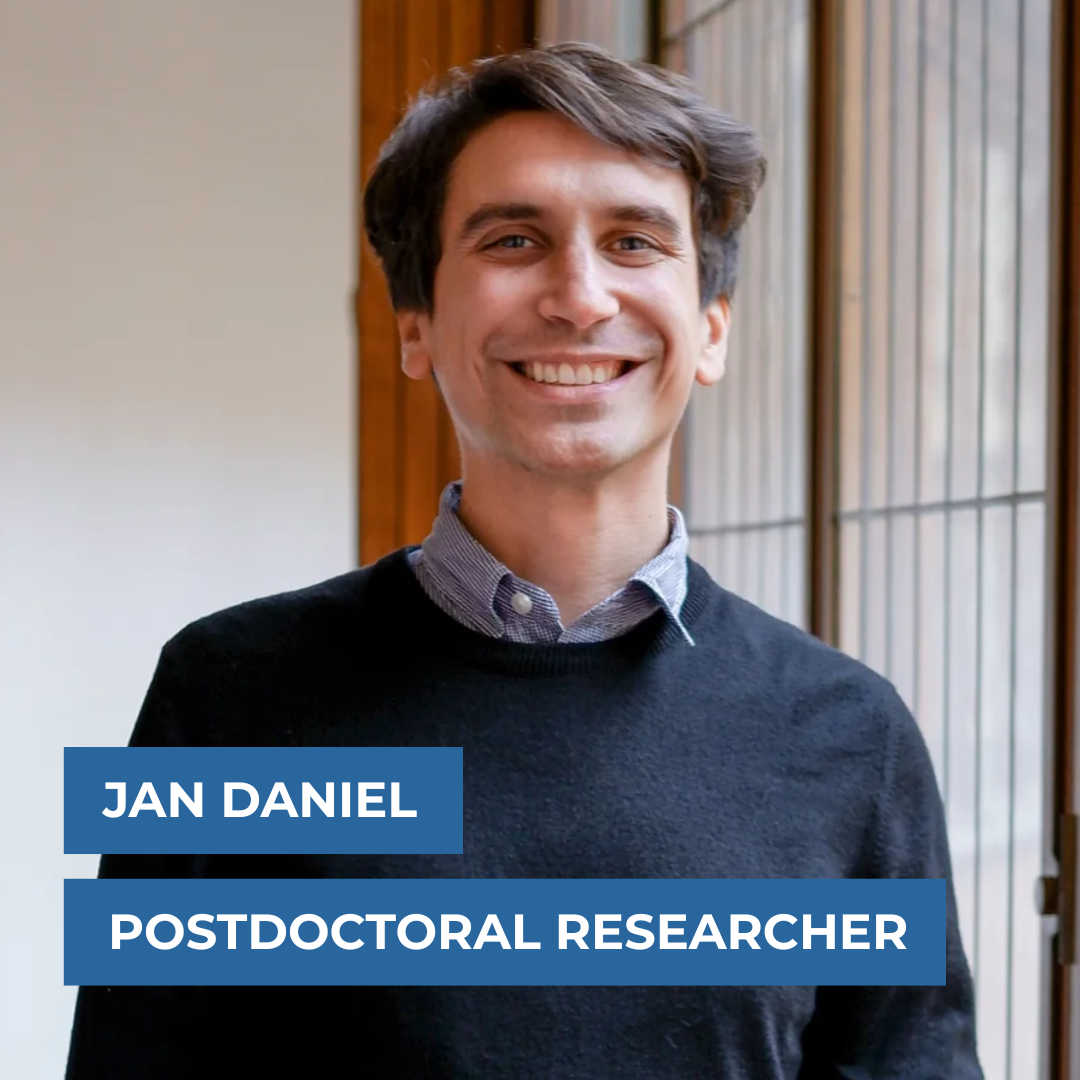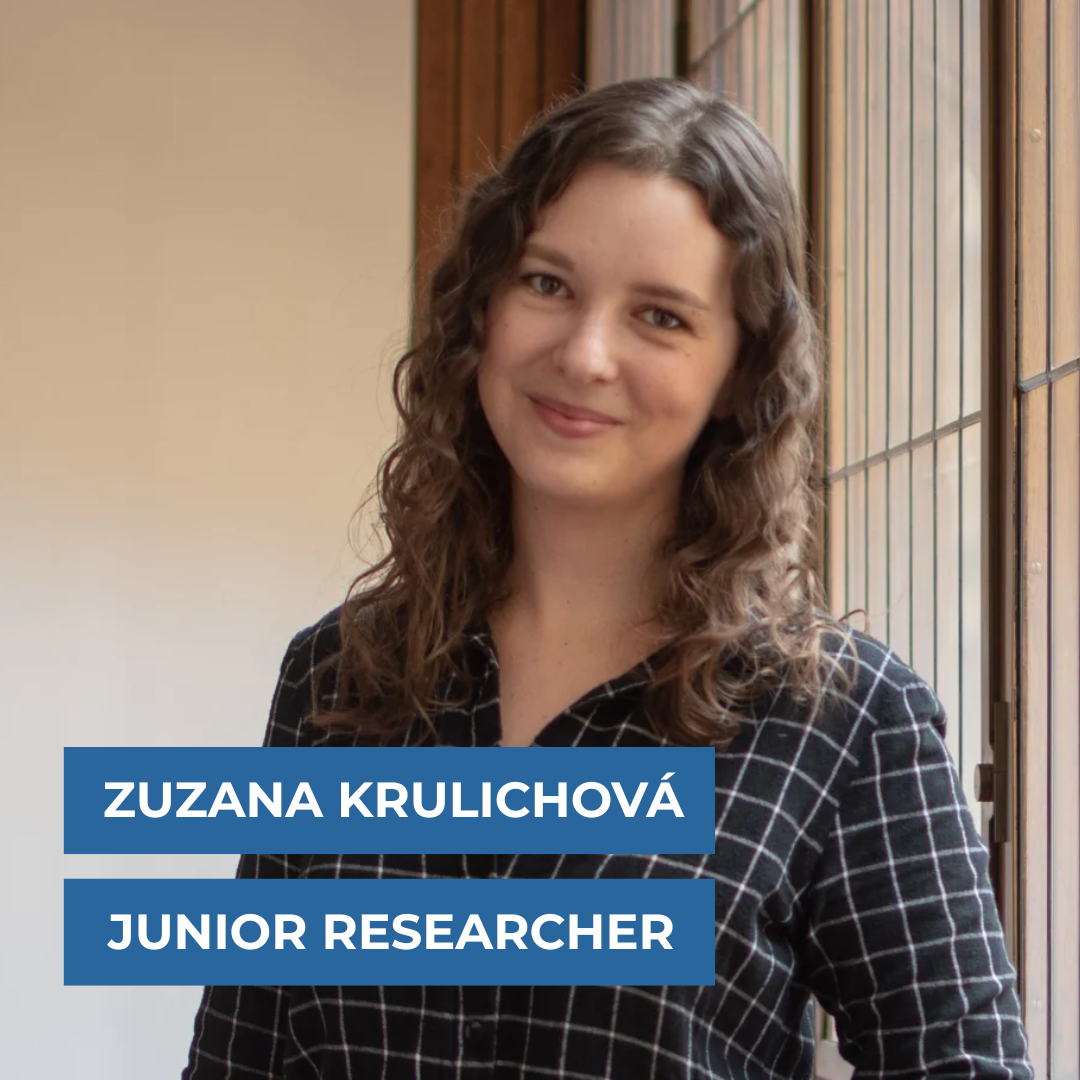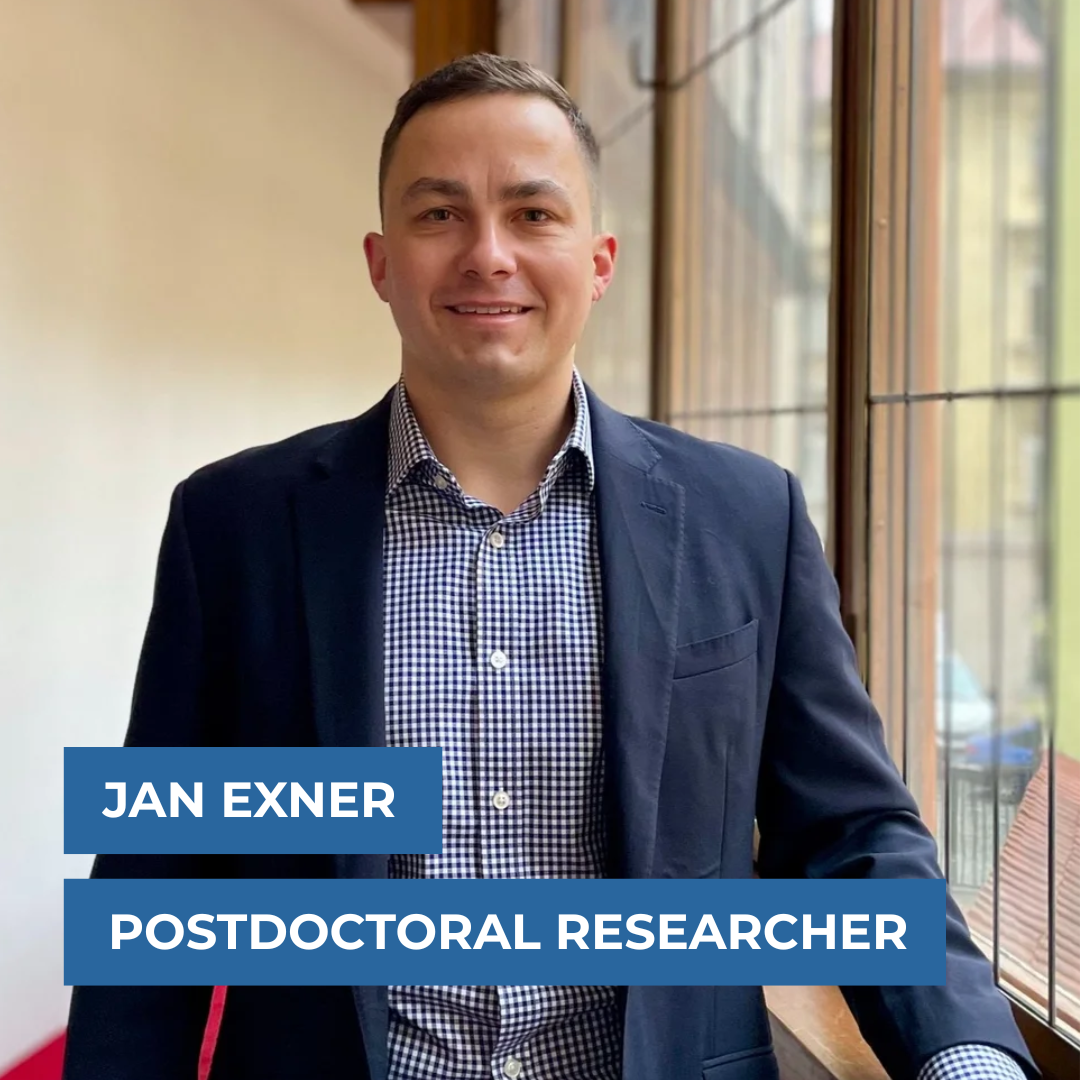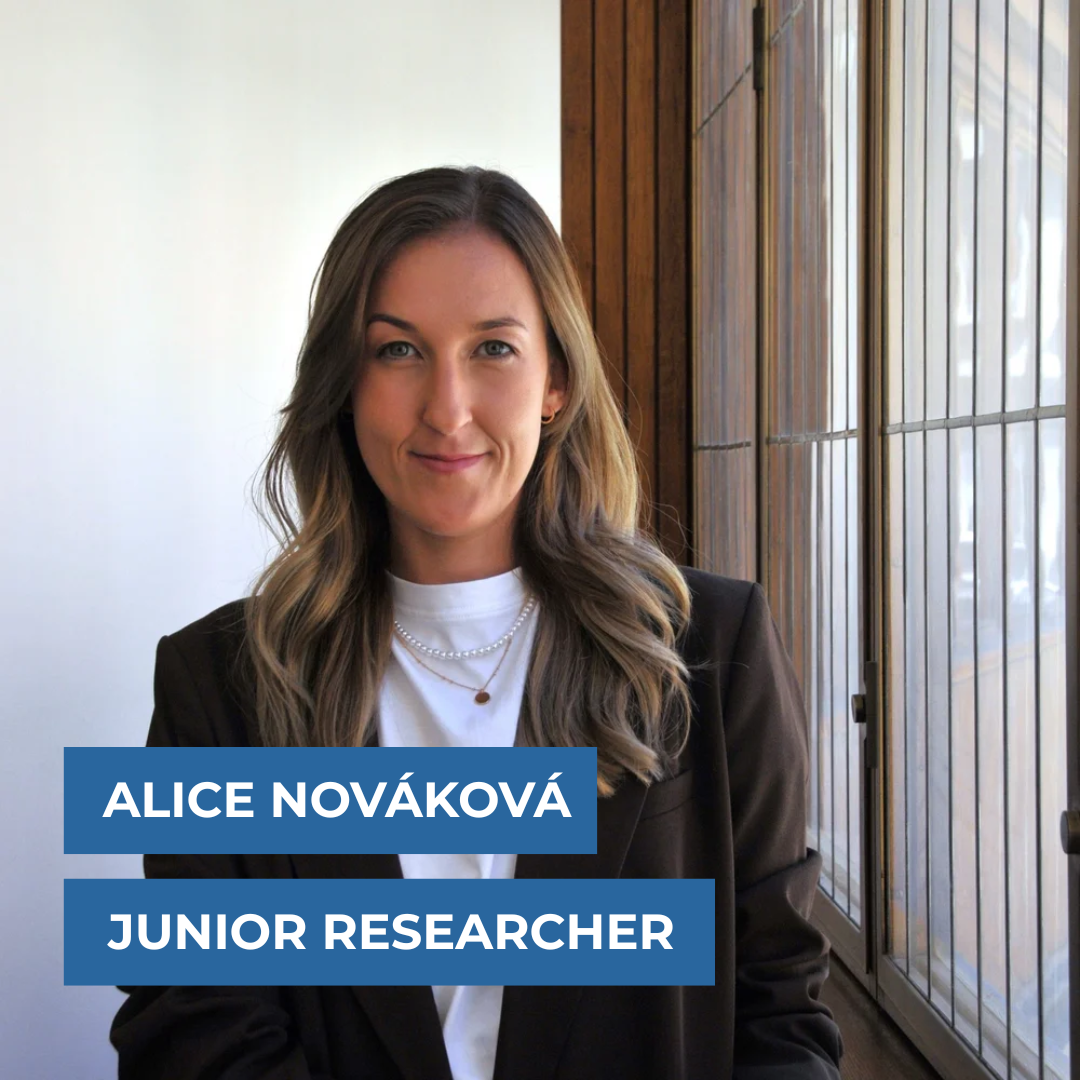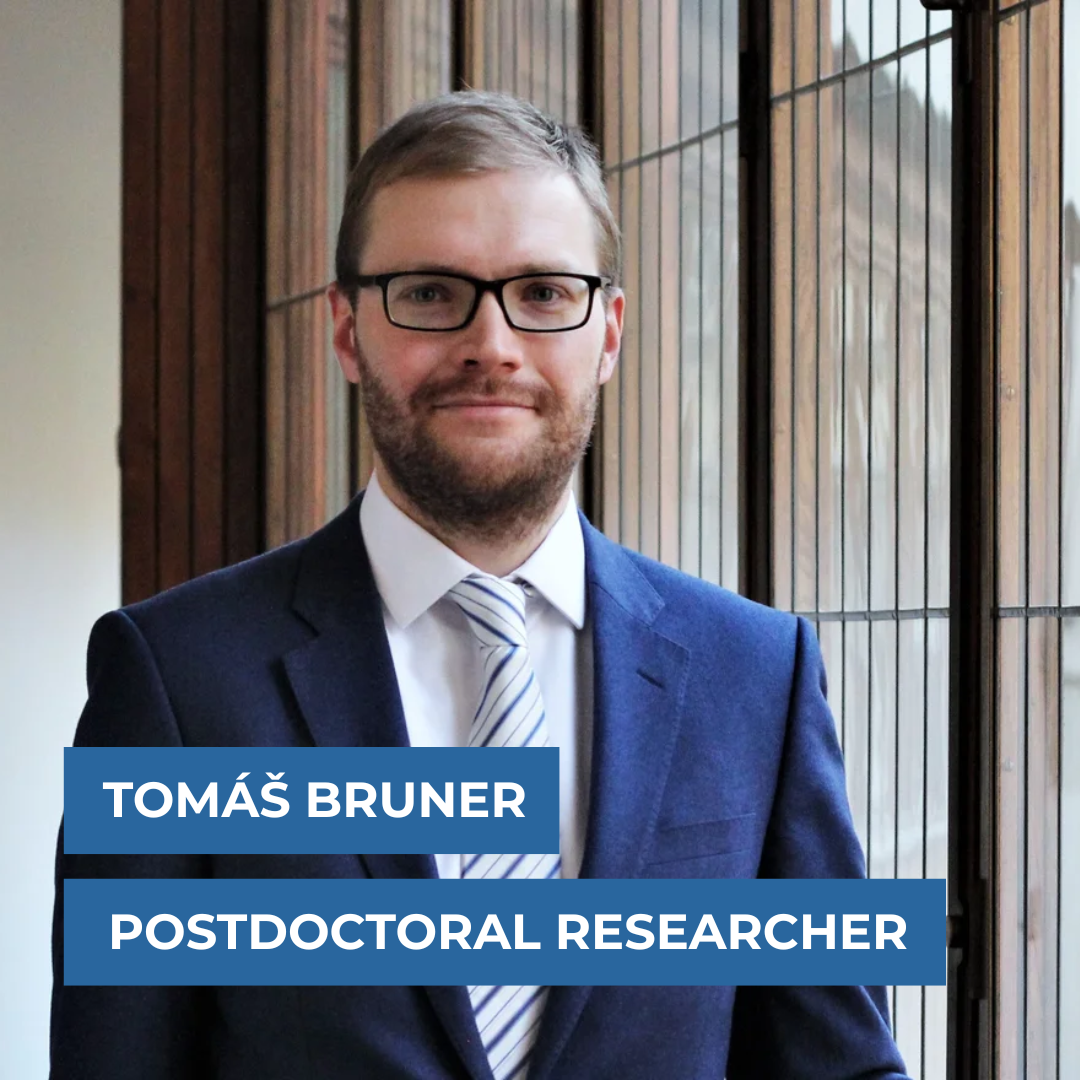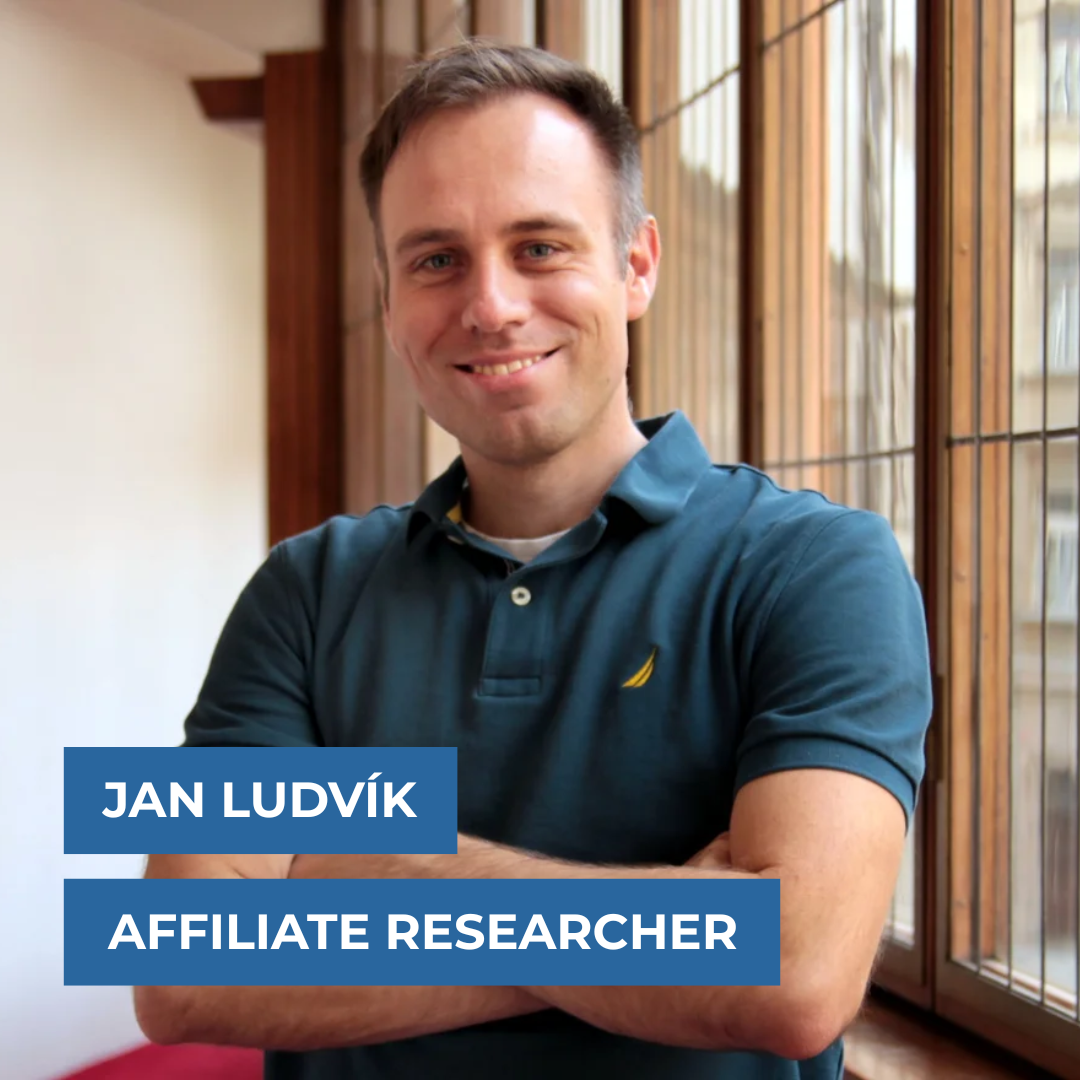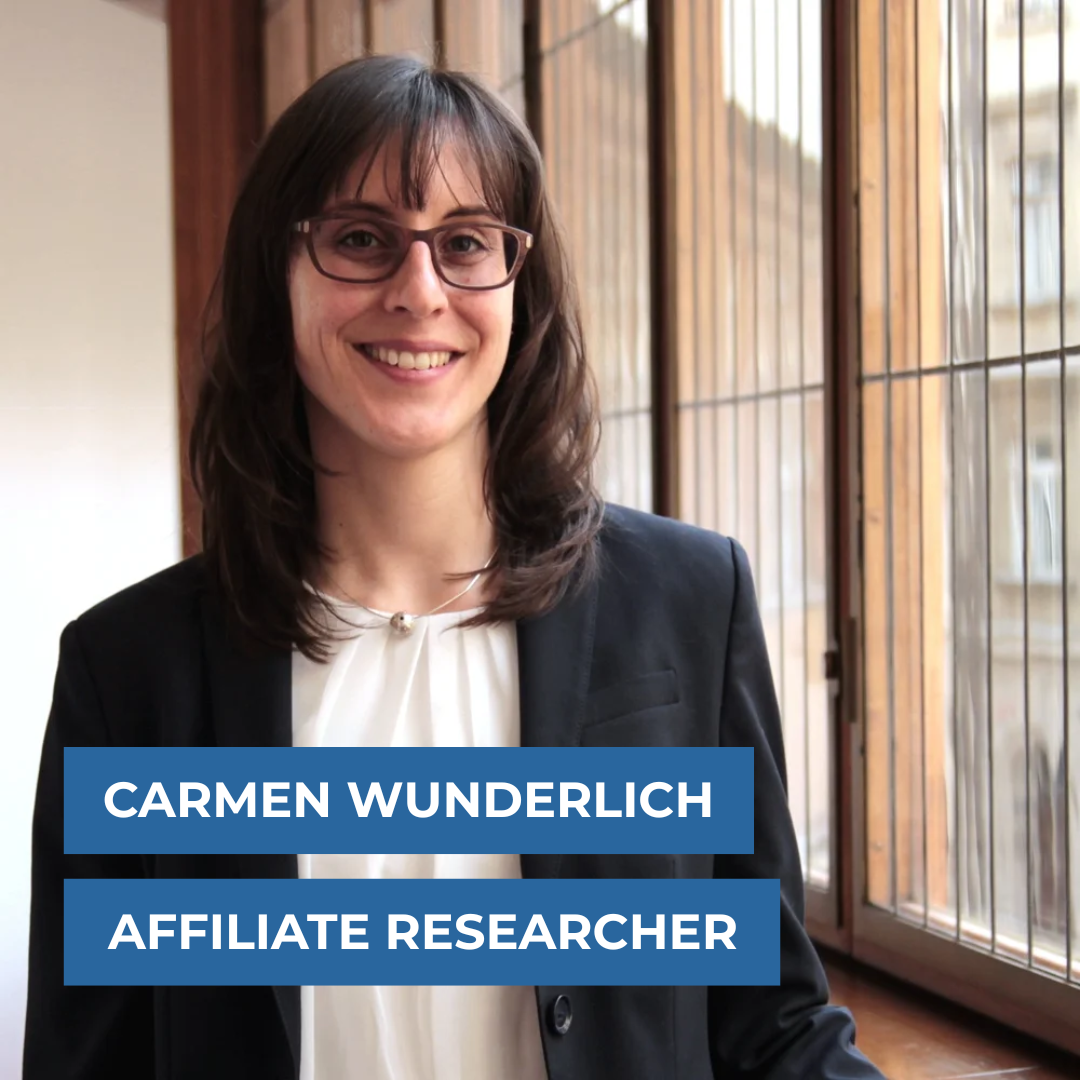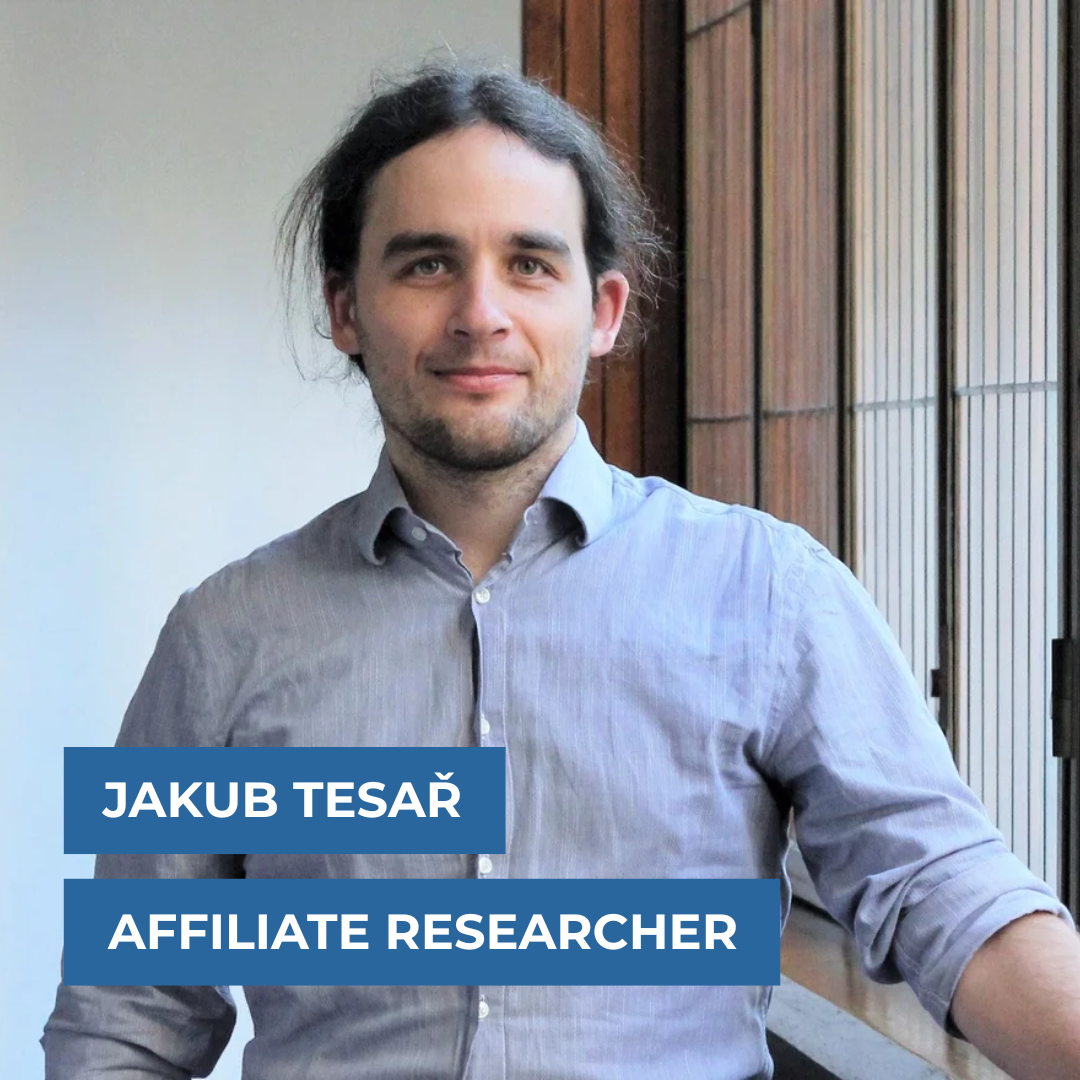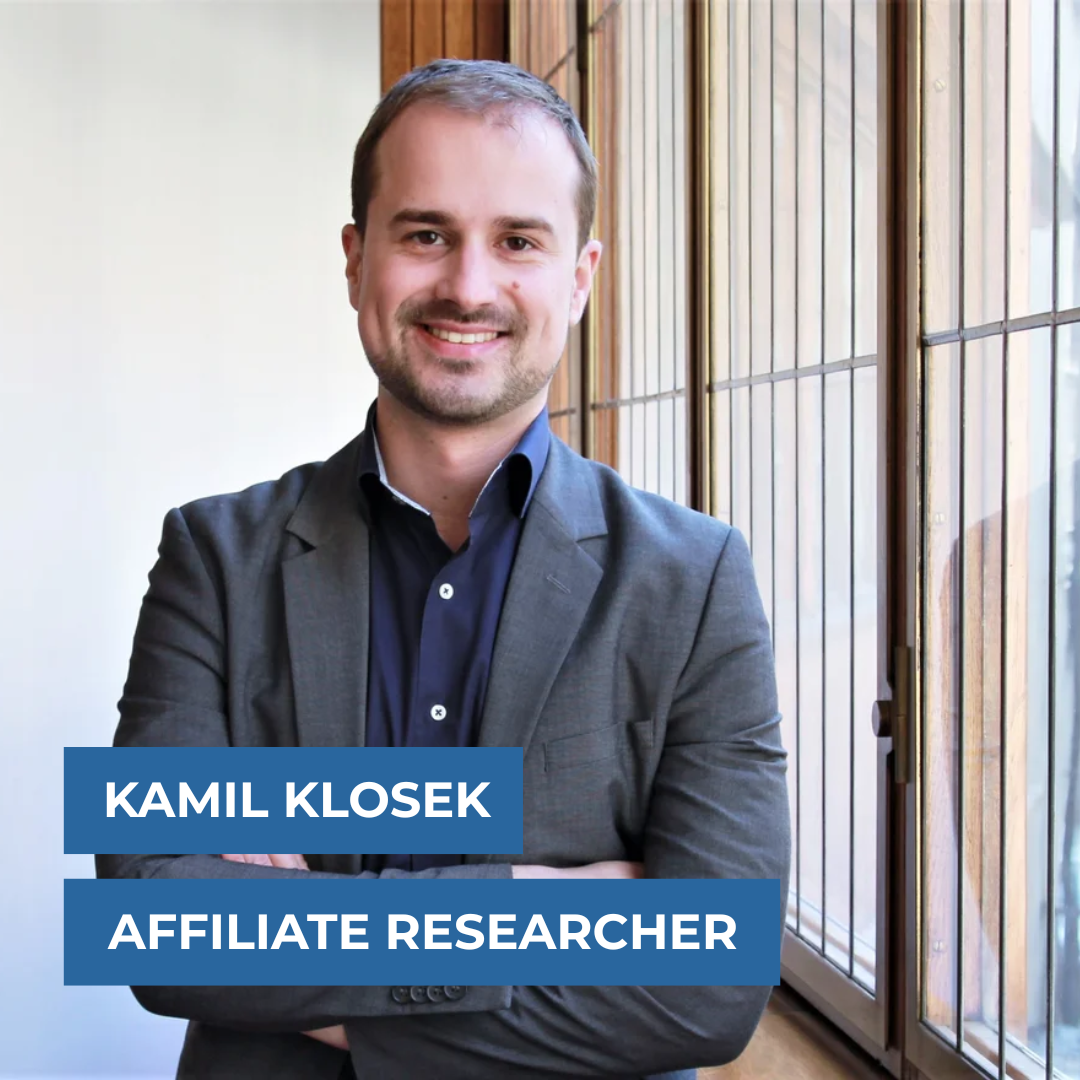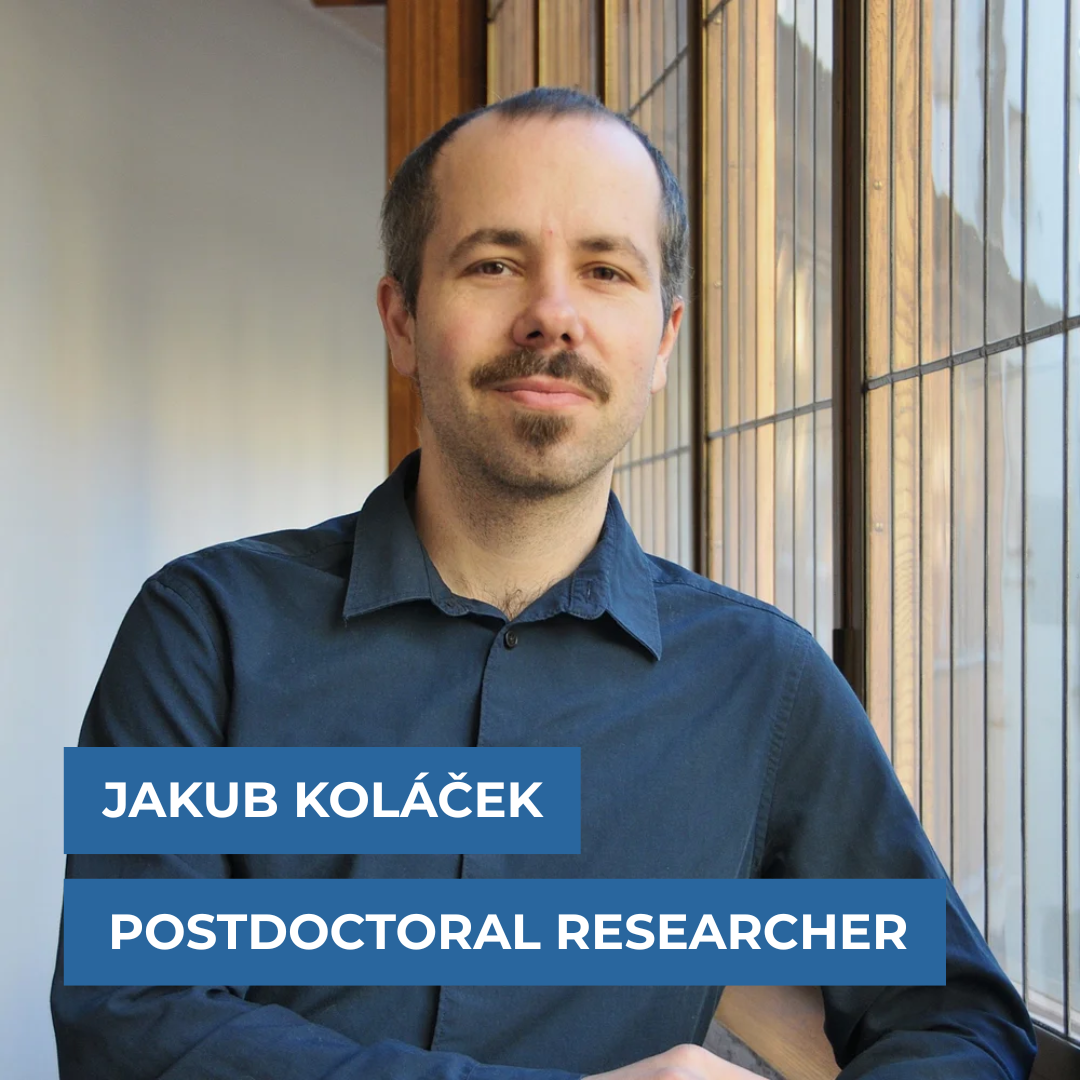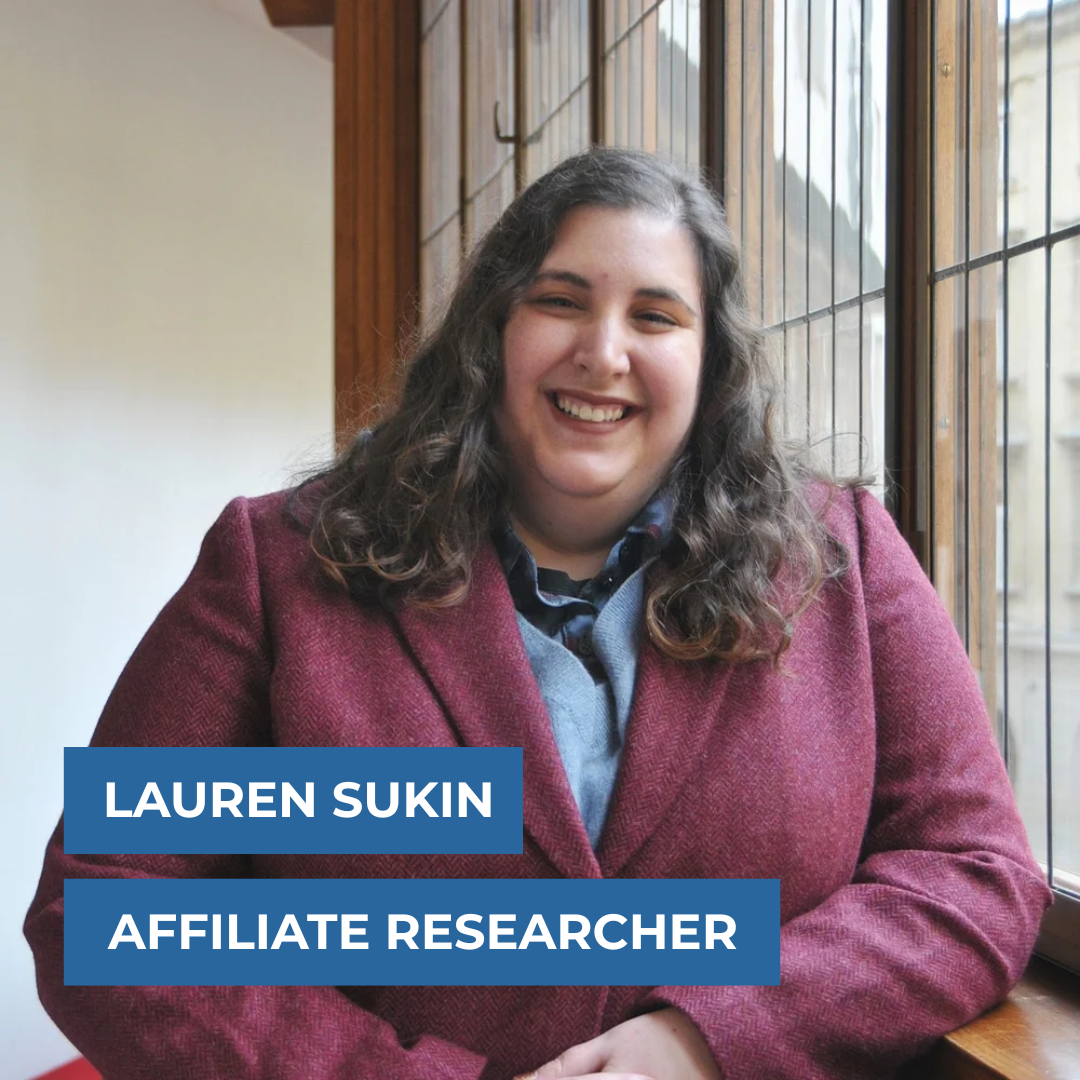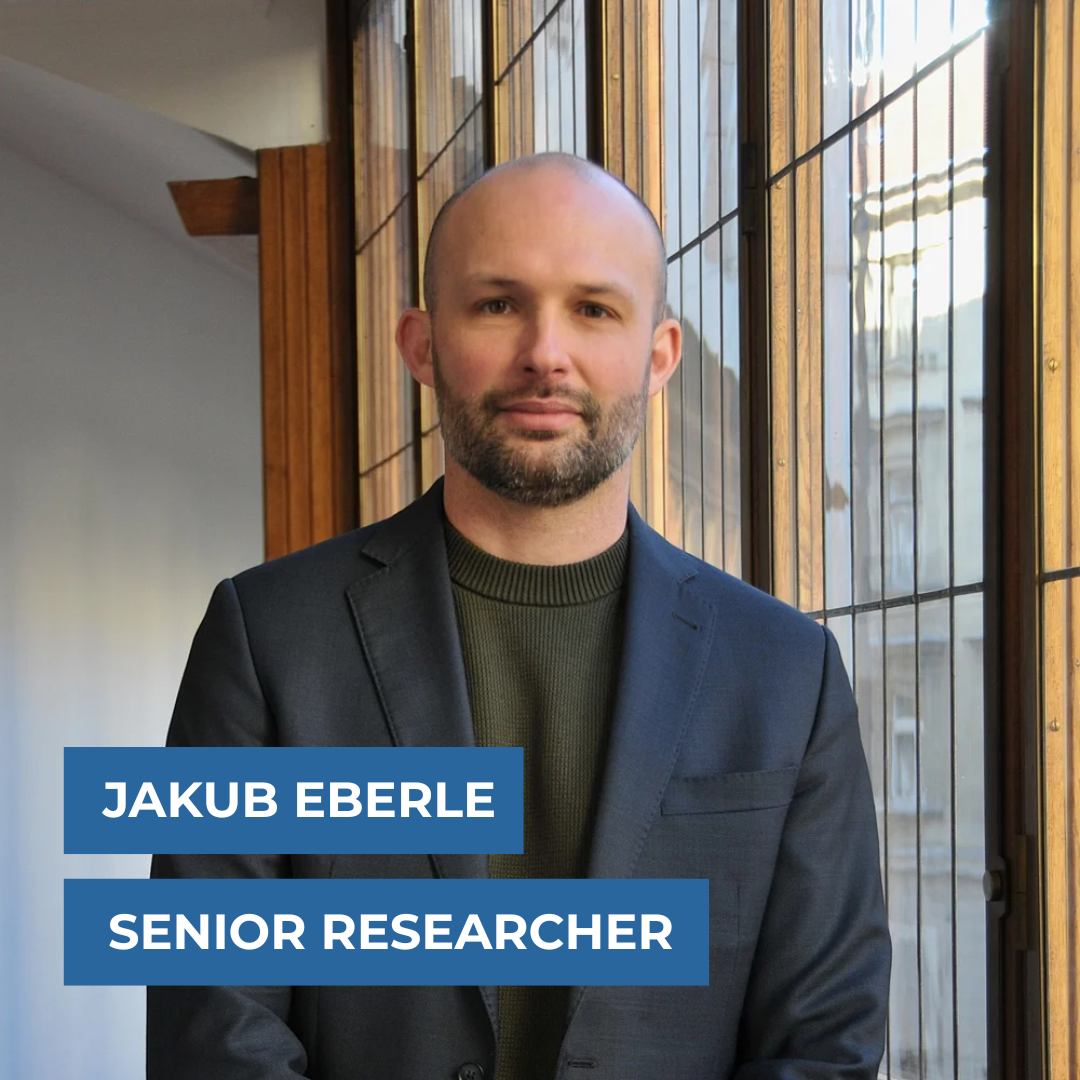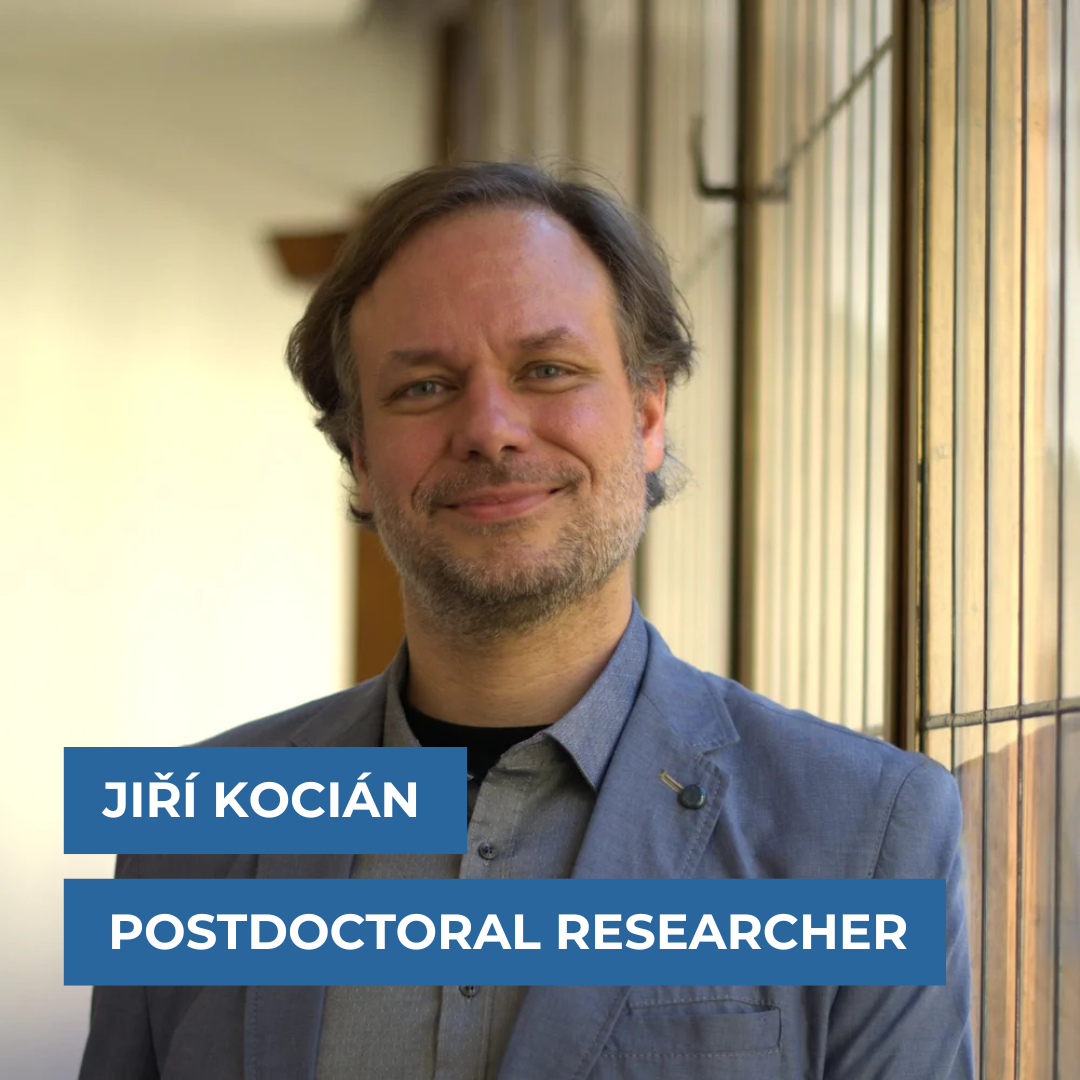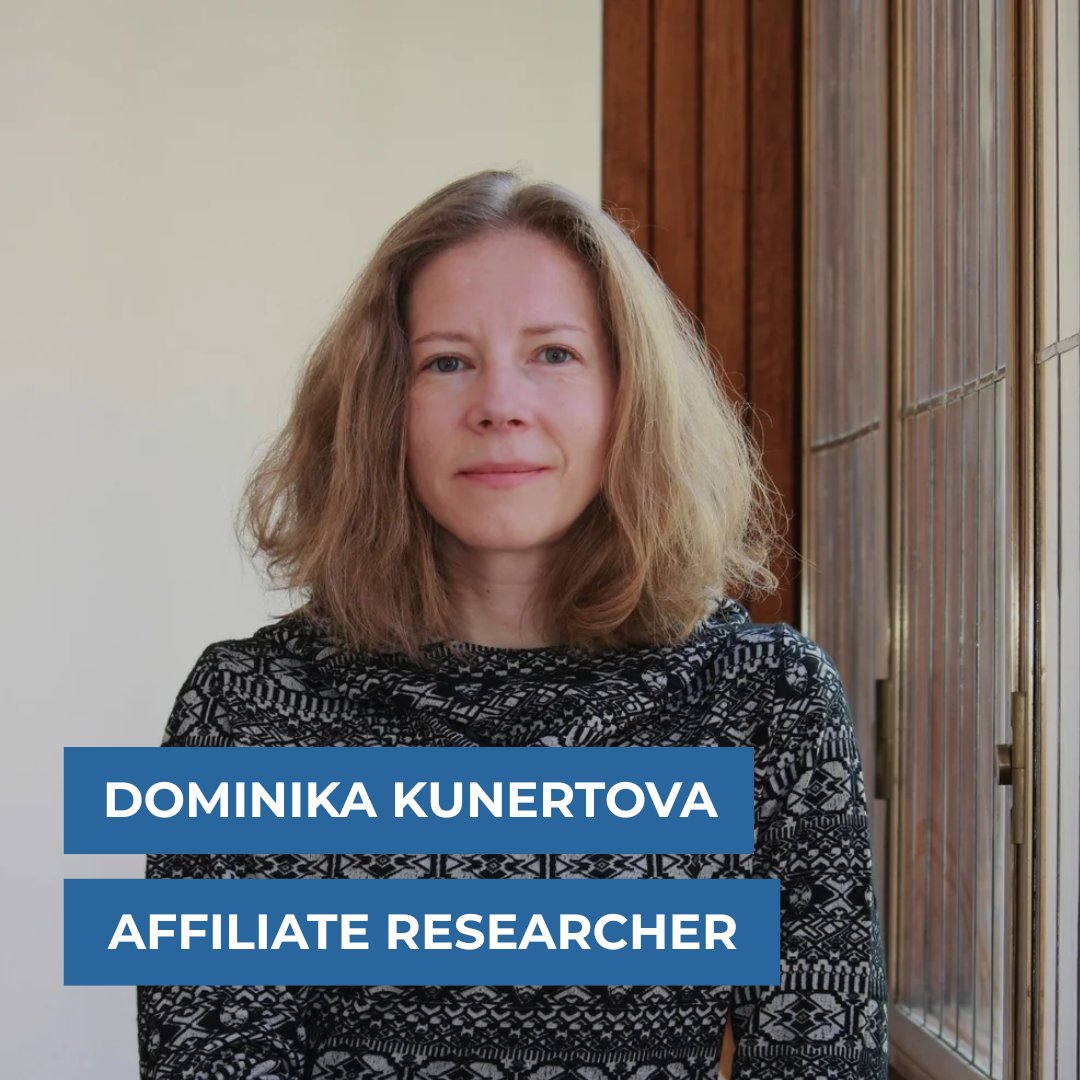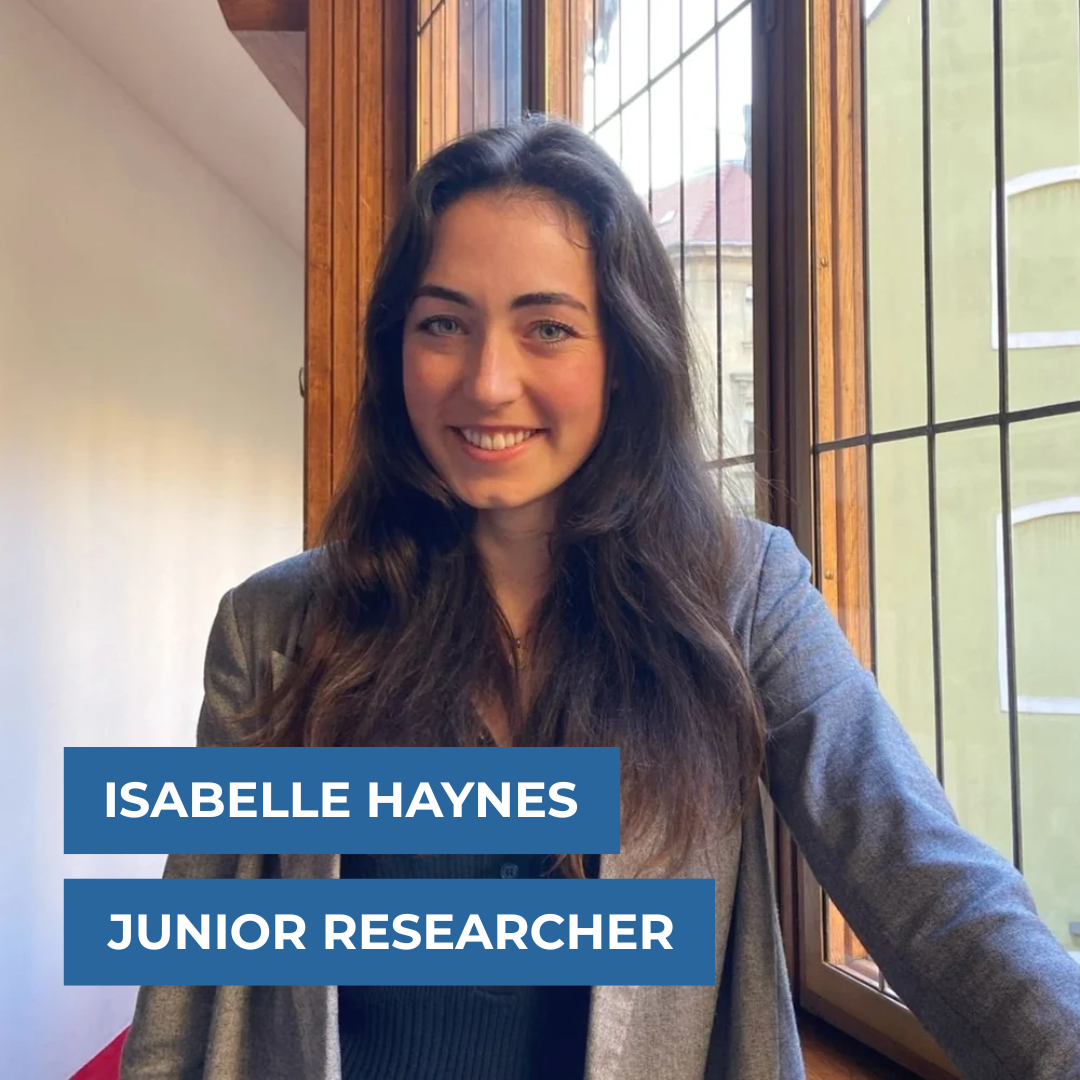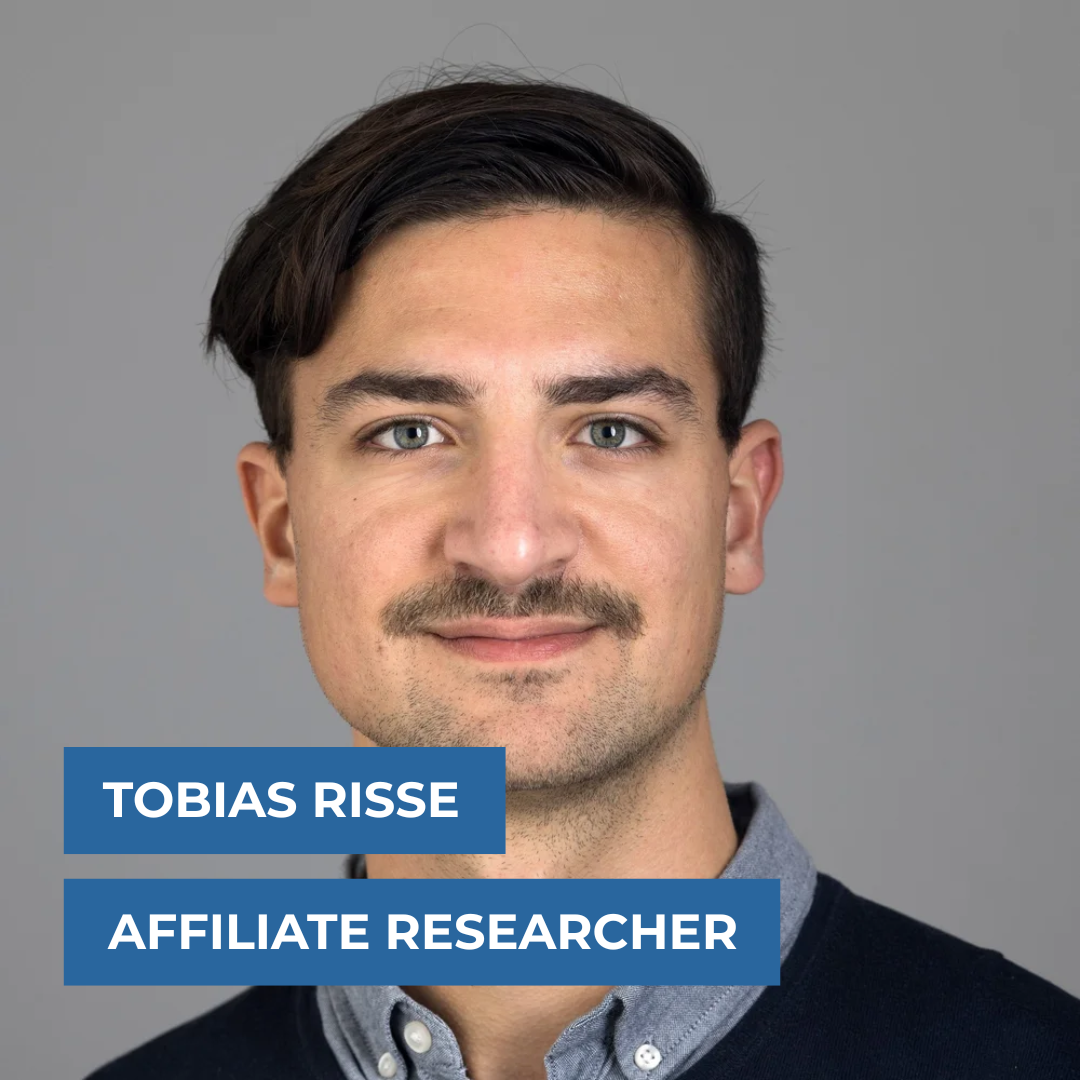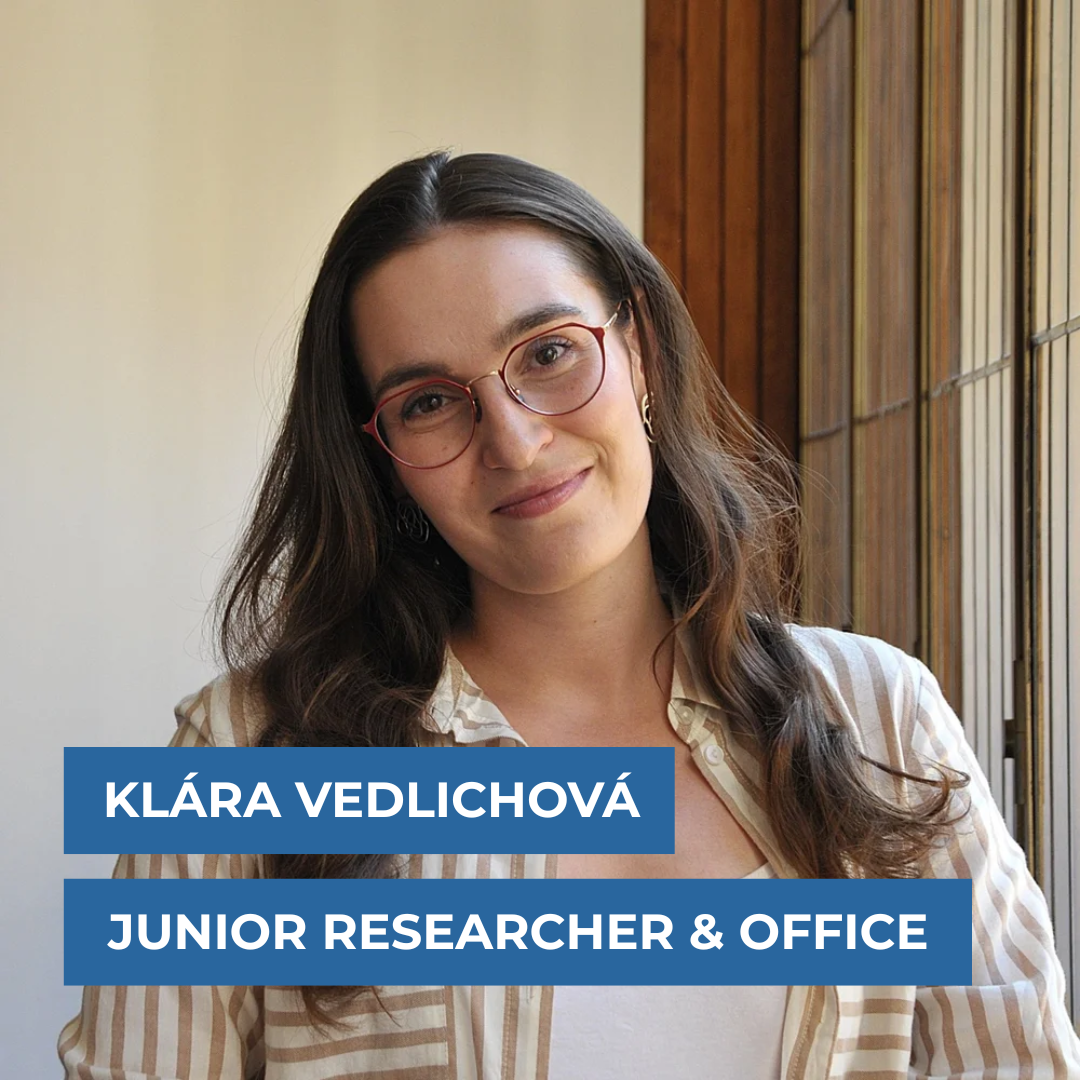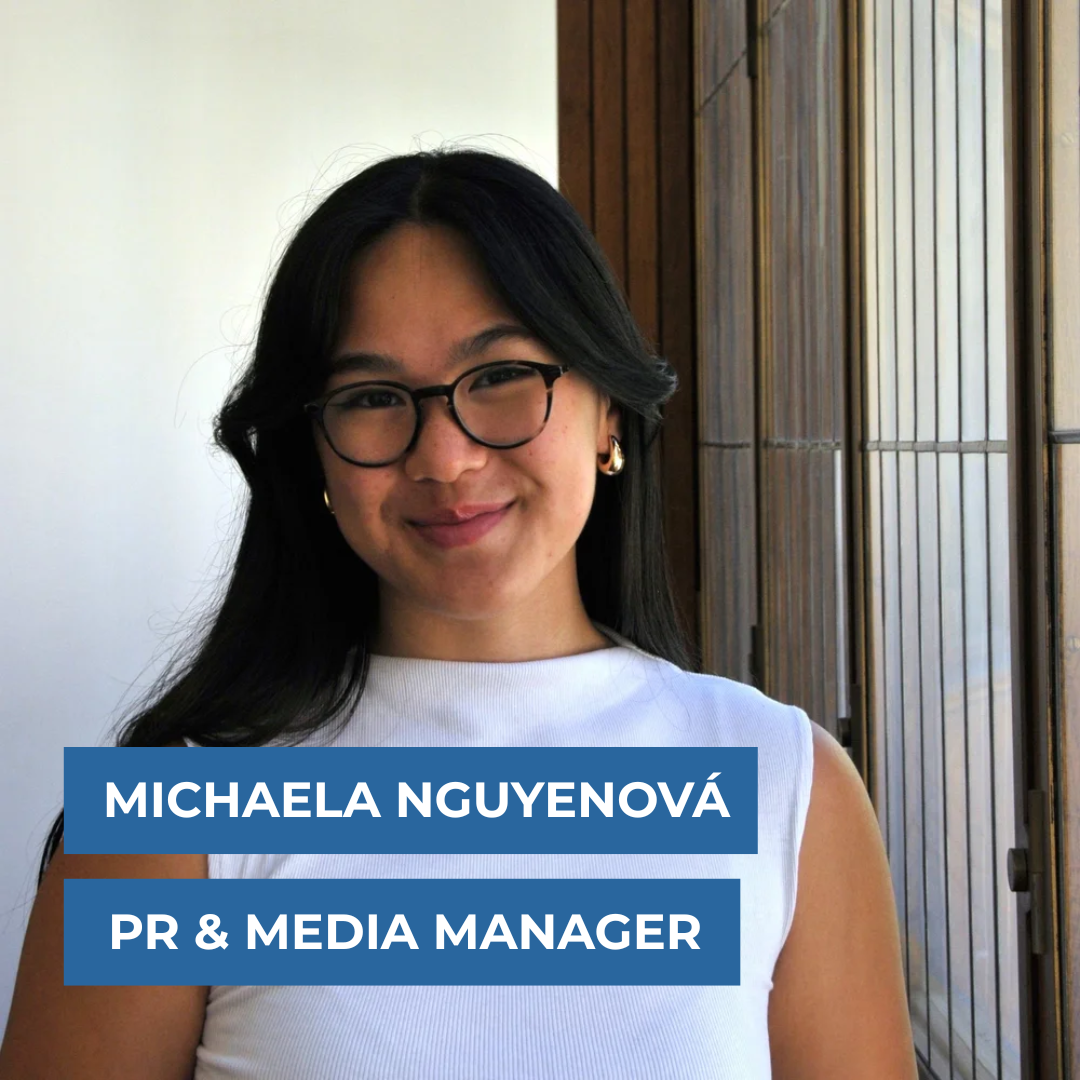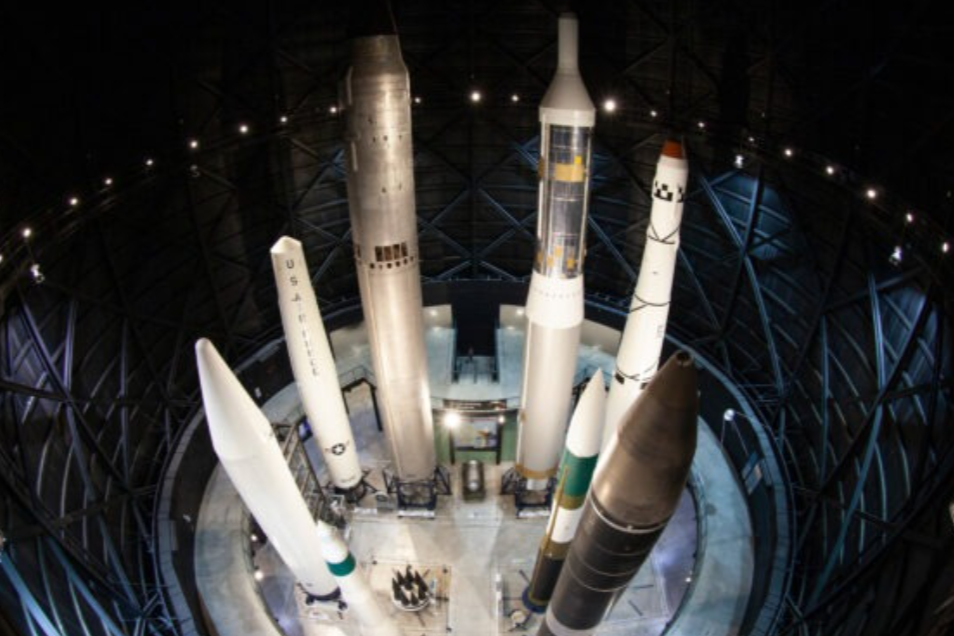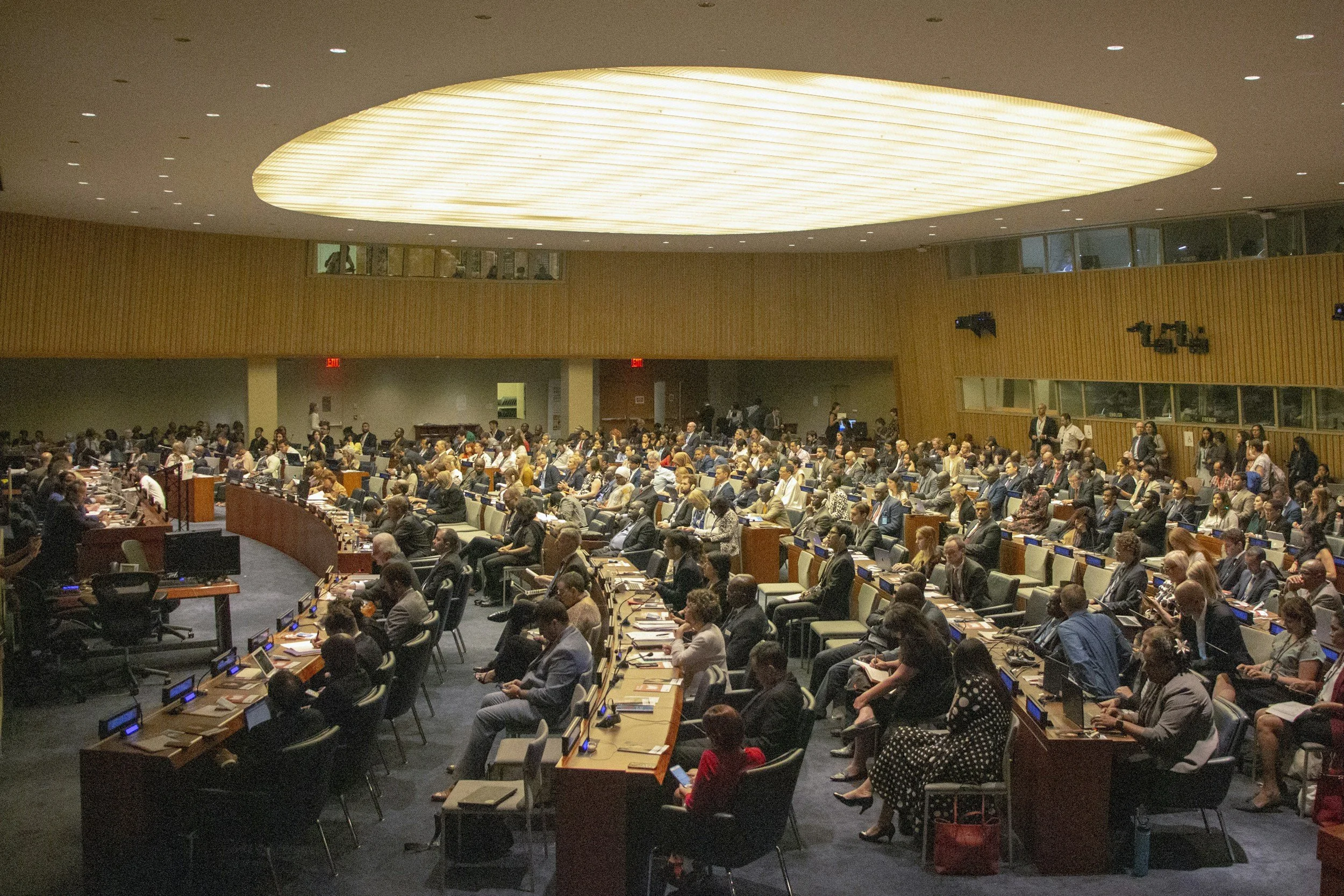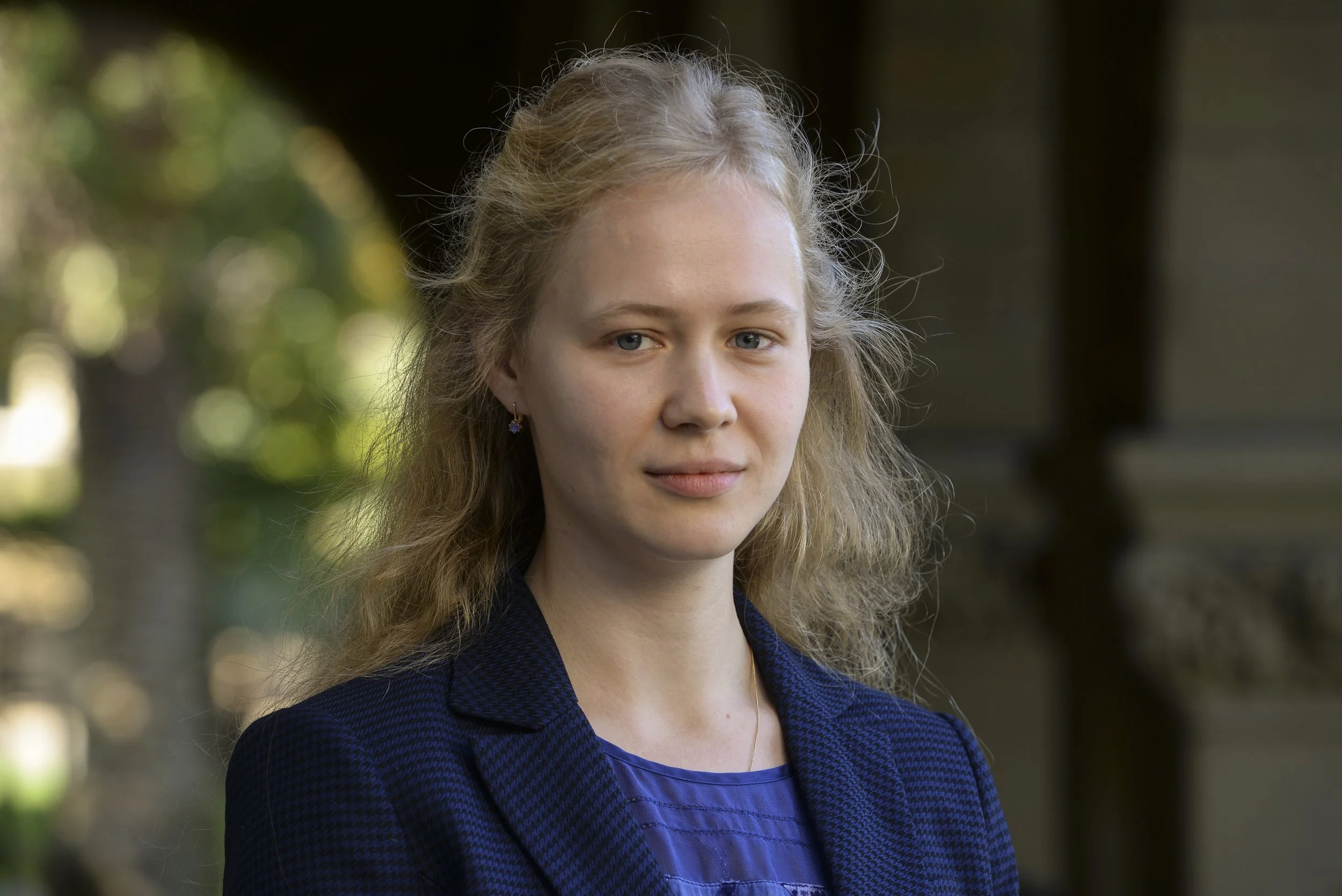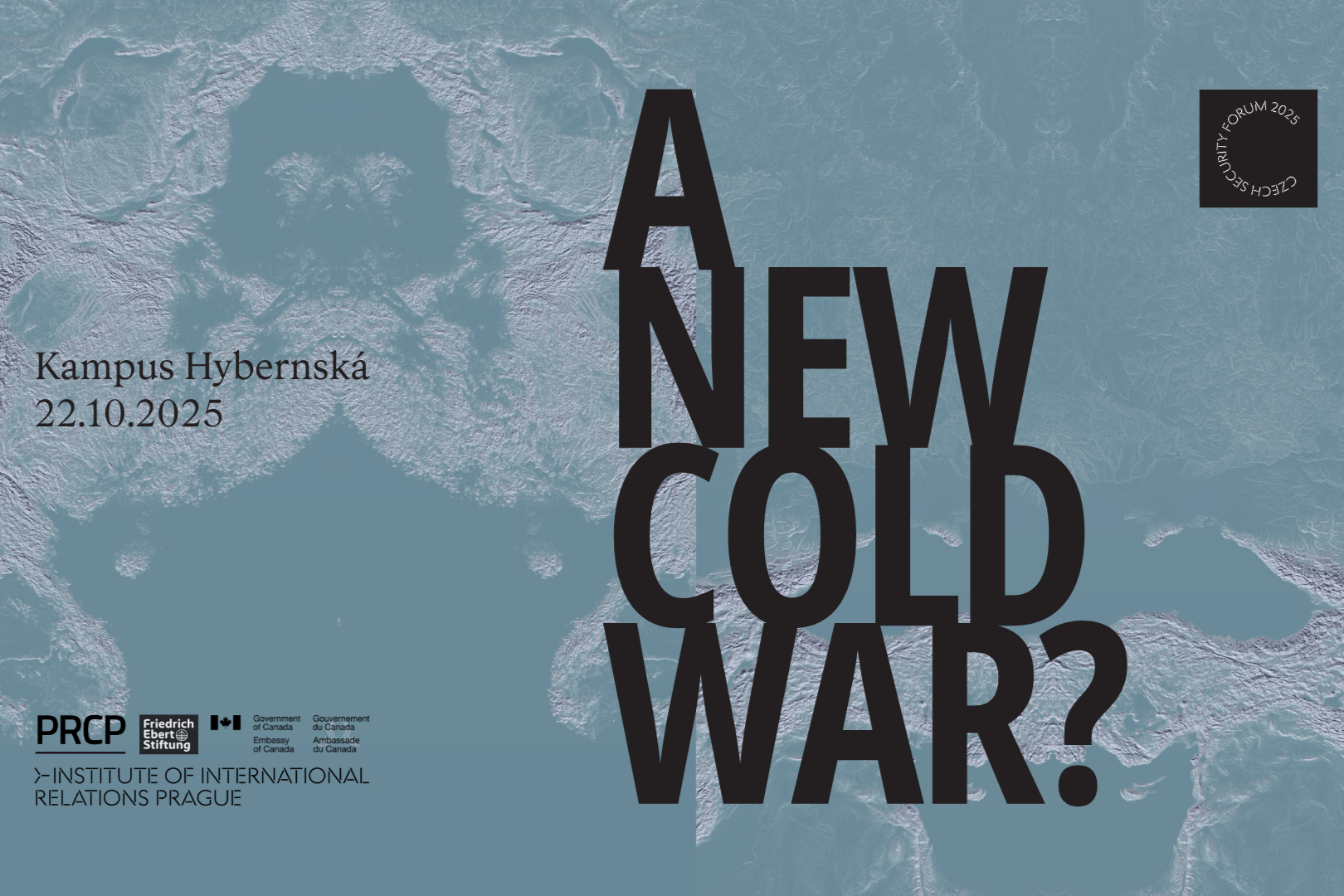cutting-edge research into peace, conflict,
and international security
In our time of rapid change, the risks of major violent conflict are rising. The need to prevent unnecessary human suffering calls for a deeper scholarly understanding of the causes, consequences, and dynamics of violence, and for an elaboration of new measures to foster international cooperation. These are the main goals of our interdisciplinary Center of Excellence, funded by Charles University.
Our Peace Research Center Prague team is comprised of renowned scholars on various topic surrounding international security, such as arms control, nuclear disarmament, non-proliferation or public-elite opinion gaps. We cover the majority of conflict areas around the world, such as Russia and Ukraine, the Middle East or China and Taiwan.
Marking 20 years since the 2005 Israel’s Gaza disengagement, Rob Geist Pinfold argues it was never a peace plan but a tactic to freeze negotiations and secure the West Bank. He contends Netanyahu’s later containment policy, not the 2005 withdrawal, set the stage for the October 7th attacks. Read the full paper here.
We are looking for a Postdoctoral Researcher to join the Institute of International Relations’ team for the project INTERFER which studies foreign interference by foreign powers in the context of current geopolitical and technological changes. The position starts on October 2025 with a remuneration of 64 600 CZK gross/monthly.
Lauren Sukin and her colleague Rohan Mukherjee (LSE) have published a roundtable in the Texas National Security Review titled Navigating the New Nuclear Map. The collection explores nuclear politics across the globe, highlighting how global nuclear challenges are interconnected and shaped by domestic politics.
Last week, PRCP hosted a private roundtable with Ami Ayalon, former Commander of the Israeli navy, former Director of the Shin Bet, and former Member of the Knesset. Joined by journalists, politicians, and leading scholars, we examined Czech political positions on the Israeli-Palestinian conflict.
A new article by Jakub Záhora connects two seemingly distant concepts: fieldwork studies in international relations and science fiction stories. The author uses analogies with science fiction to work towards more careful reflections on the ethical, political and personal stakes of field-work based research in international relations.
Michal Onderčo and his colleagues study the CFSP’s effect on EU voting on nuclear weapons at the UNGA (1979–2022). Despite strains from global shifts, they find convergence hardly increases but consensus remains stable, challenging mainstream expectations of EU foreign policy. Full study here.
Join us for a PRCP Talk with Mariya Grinberg (MIT) on her new book Trade in War: Economic Cooperation across Enemy Lines (Cornell, 2025), exploring why states trade with enemies. October 21st 14:00 at Charles University, Jinonice campus (U Kříže 8, Prague 5), room C423.
We would like to kindly invite you to our annual security conference, this year holding the title "Czech Security Forum 2025: A New Cold War?" We are looking forward to hosting you on October 22nd at Kampus Hybernská.
